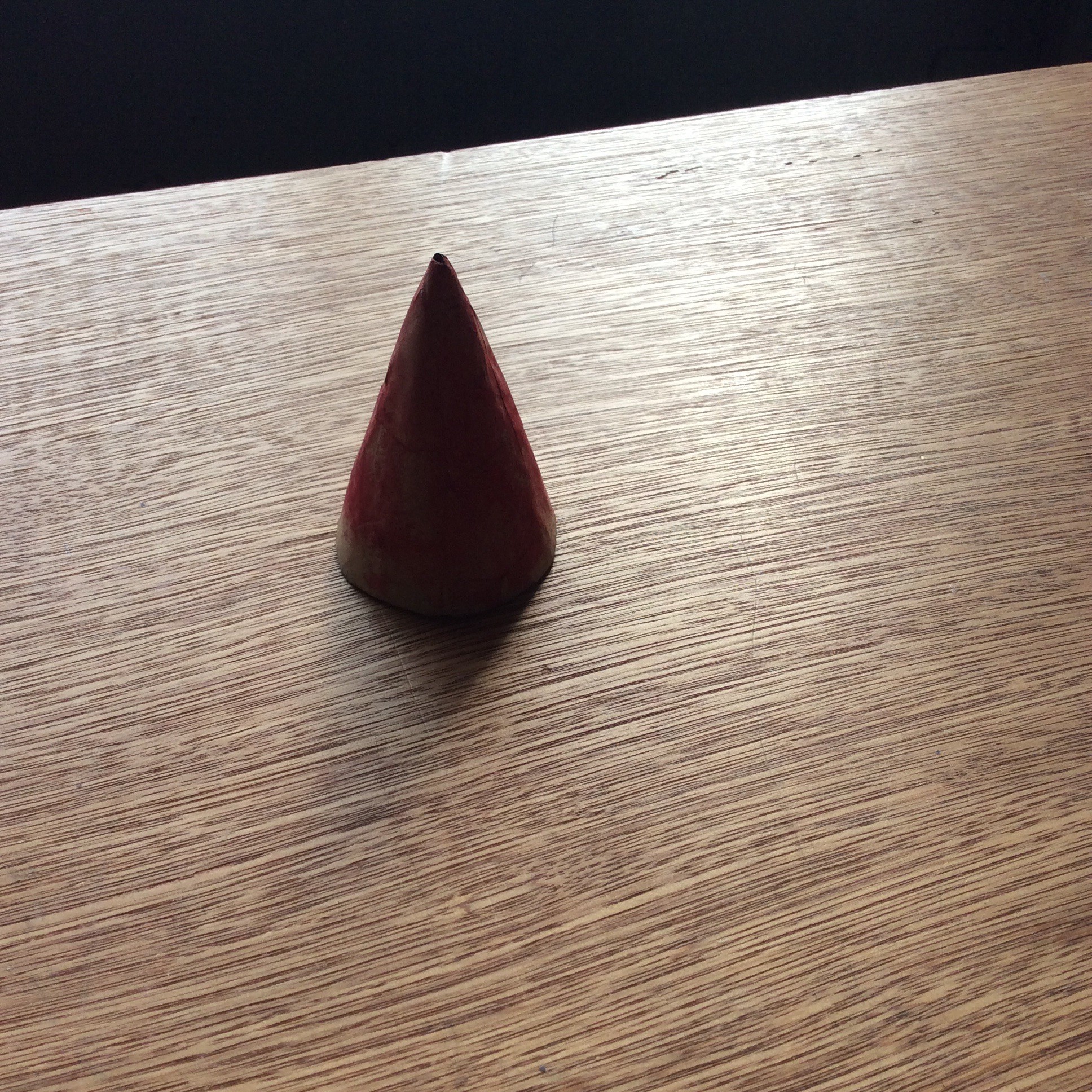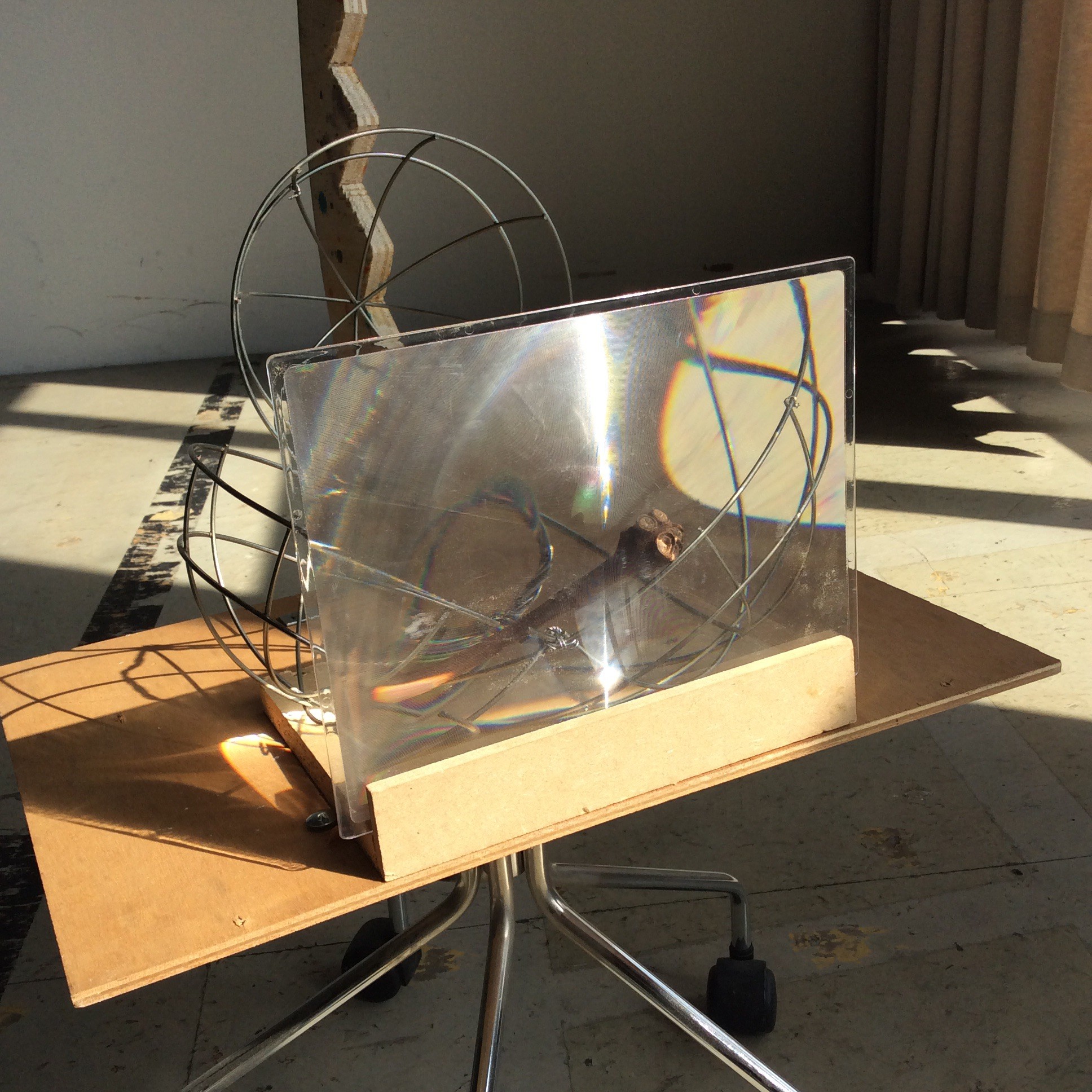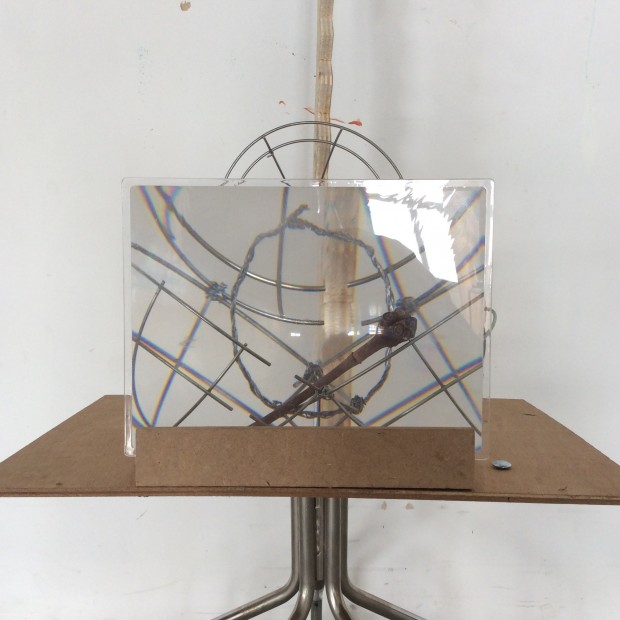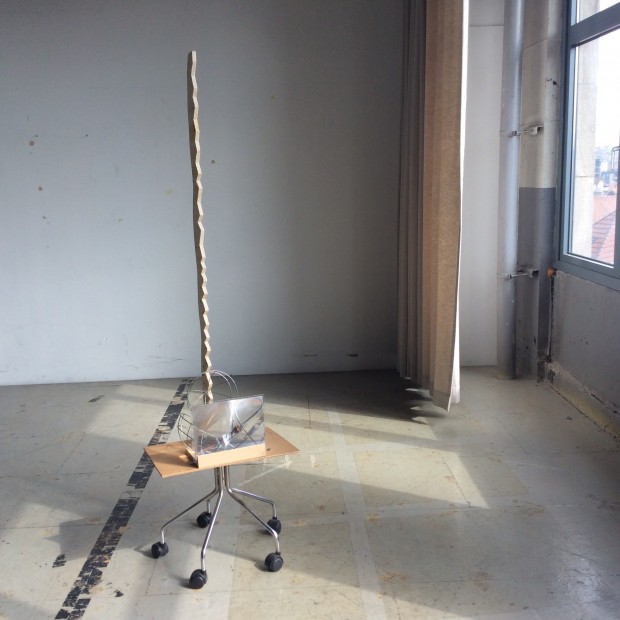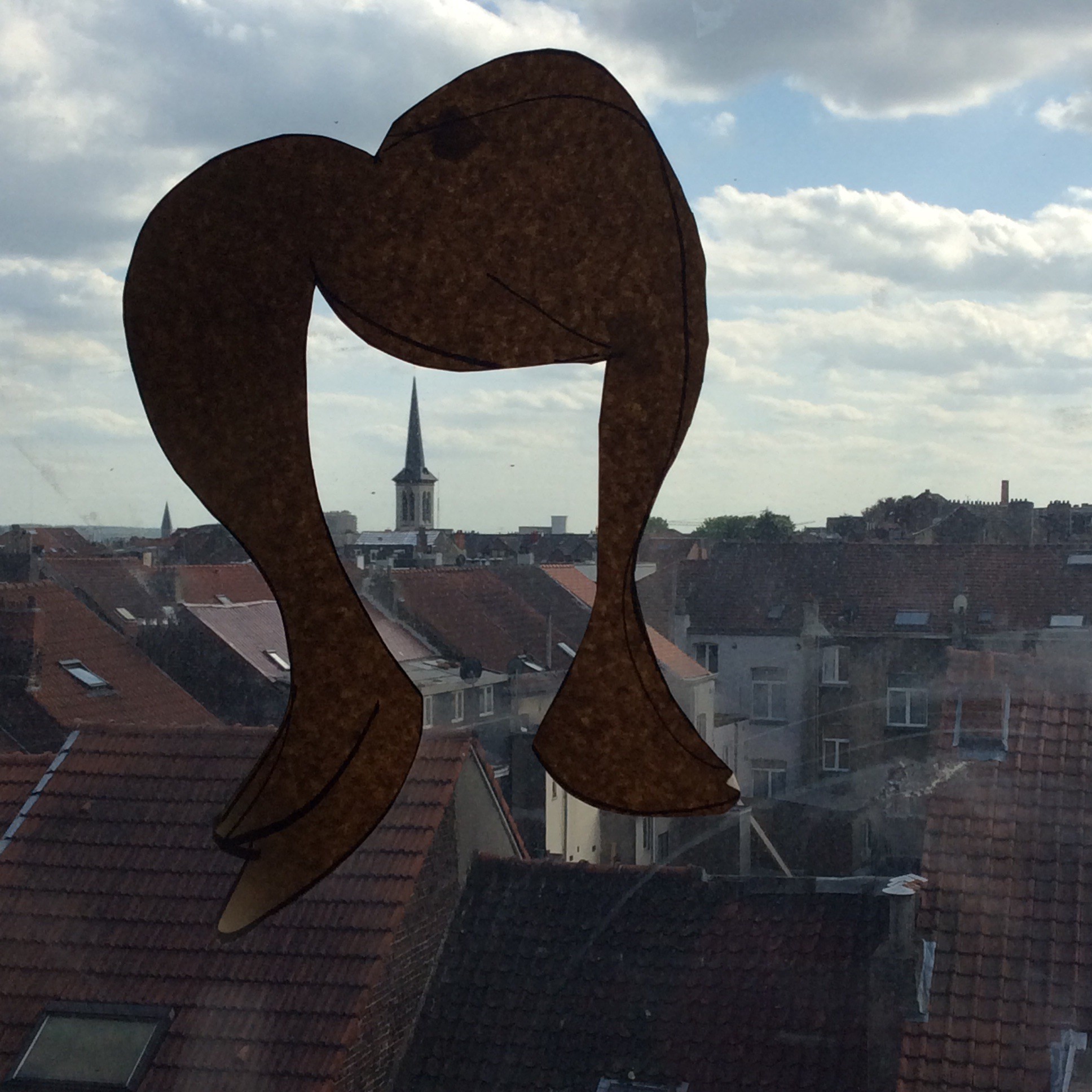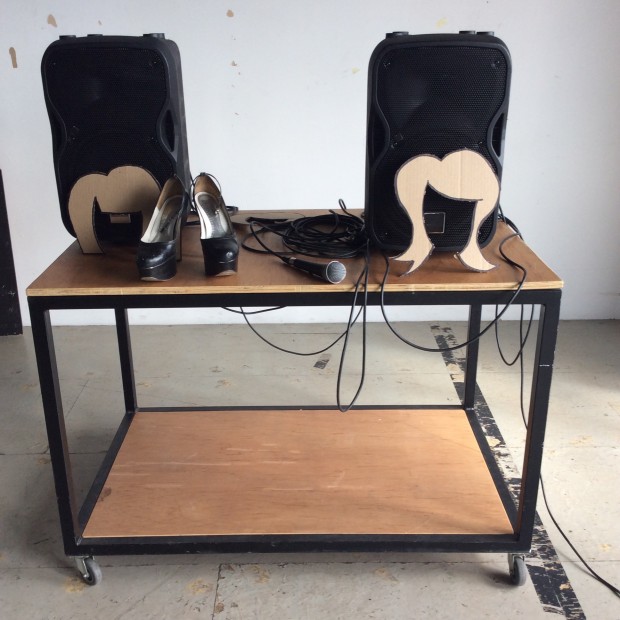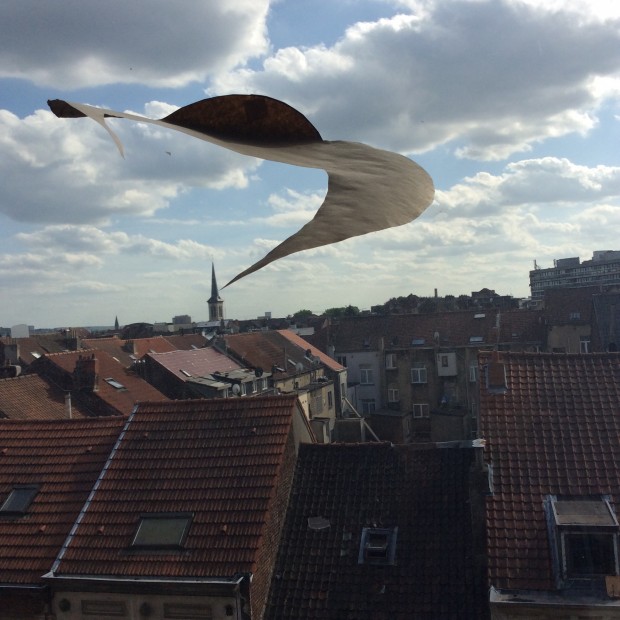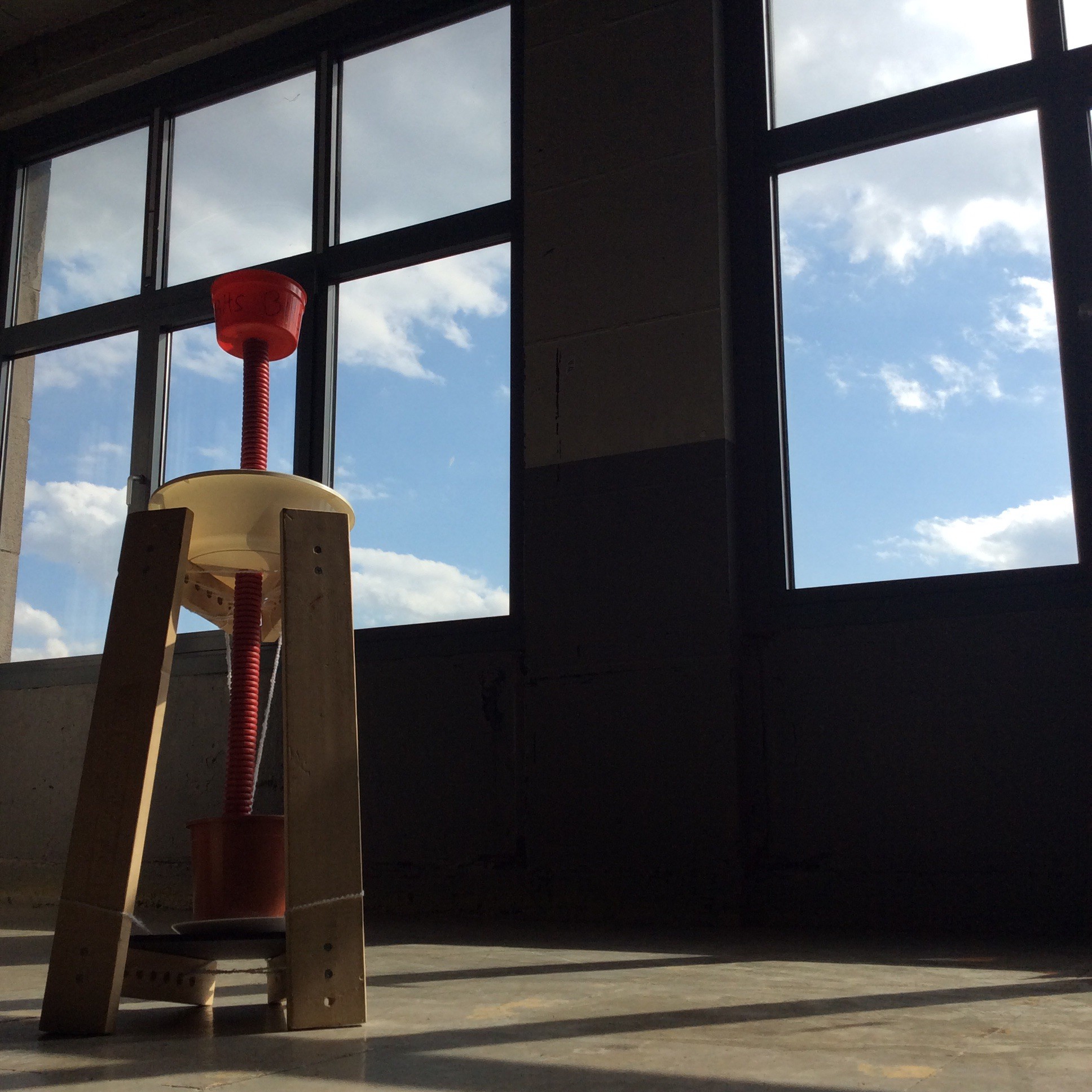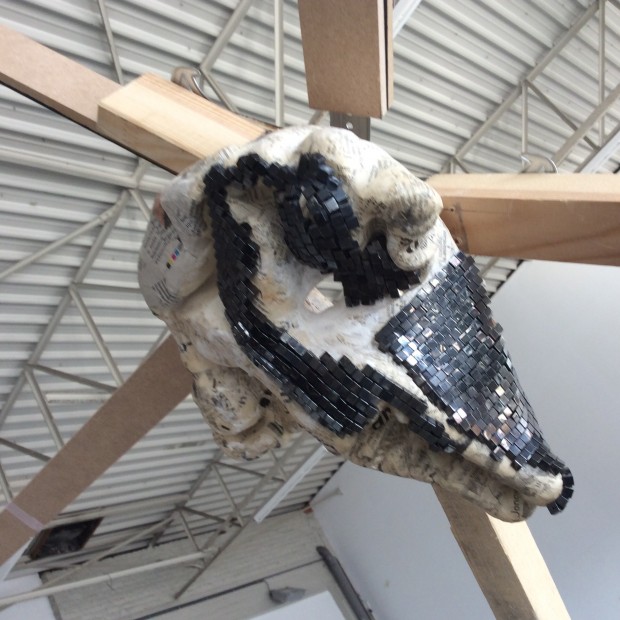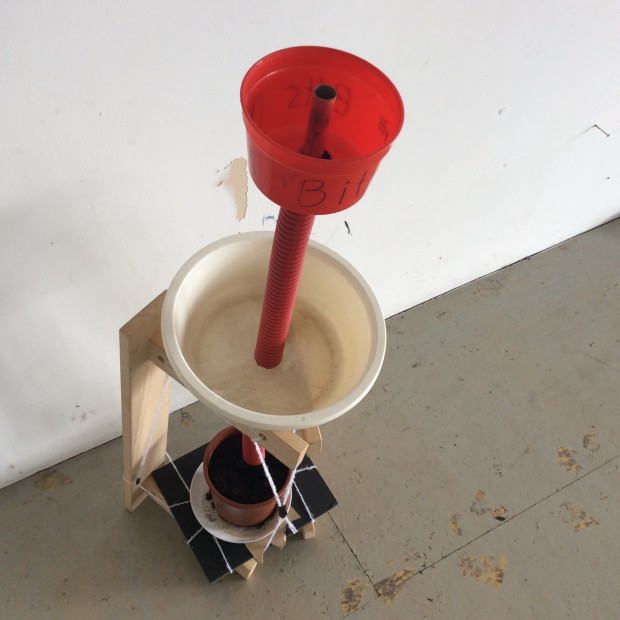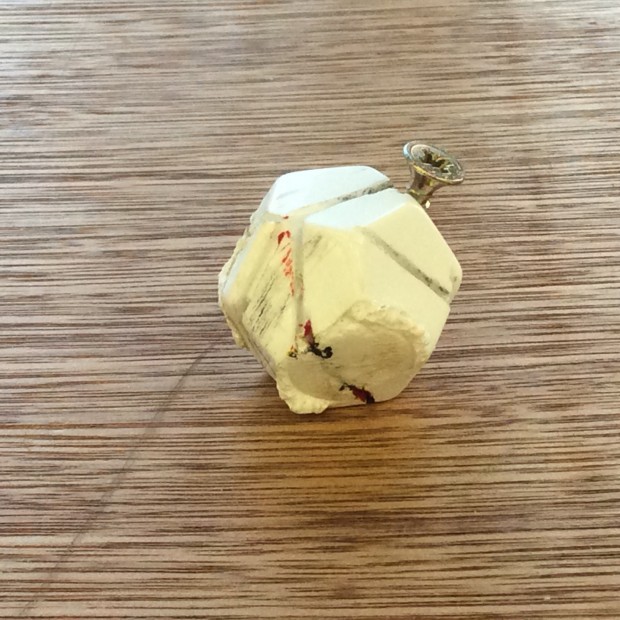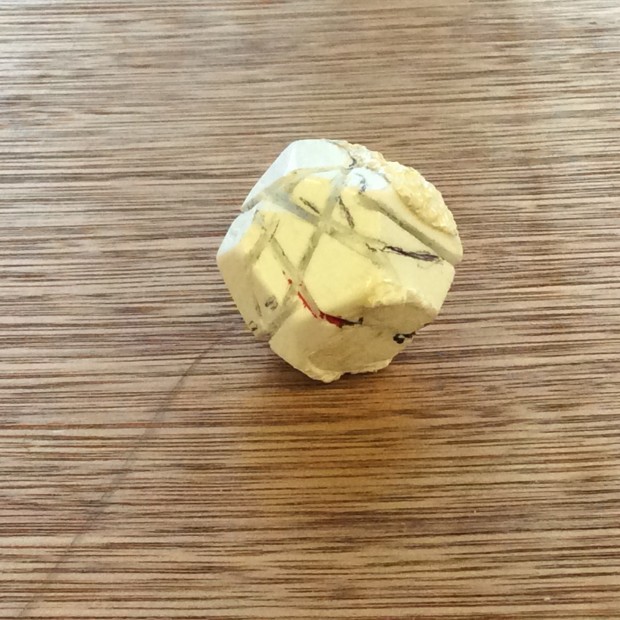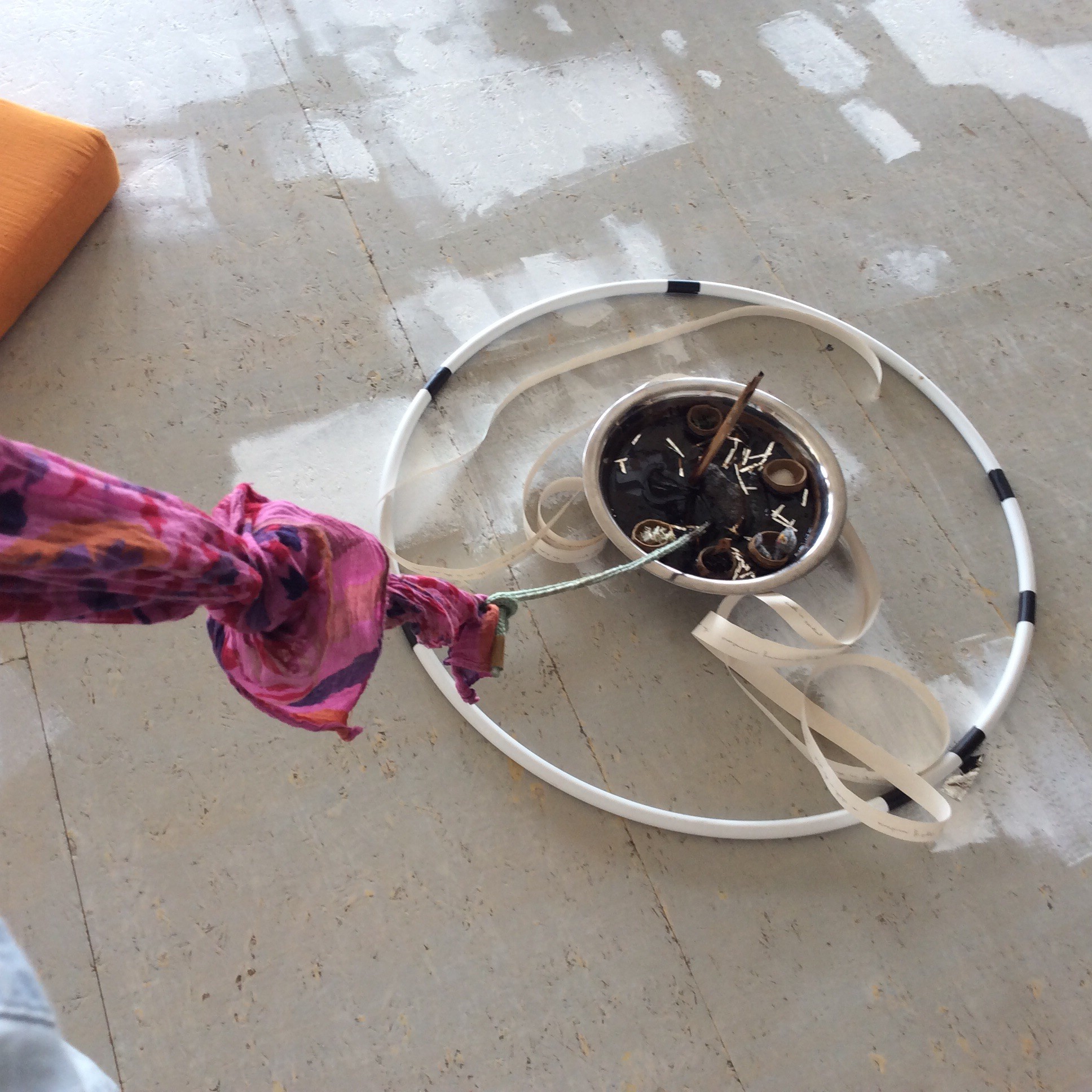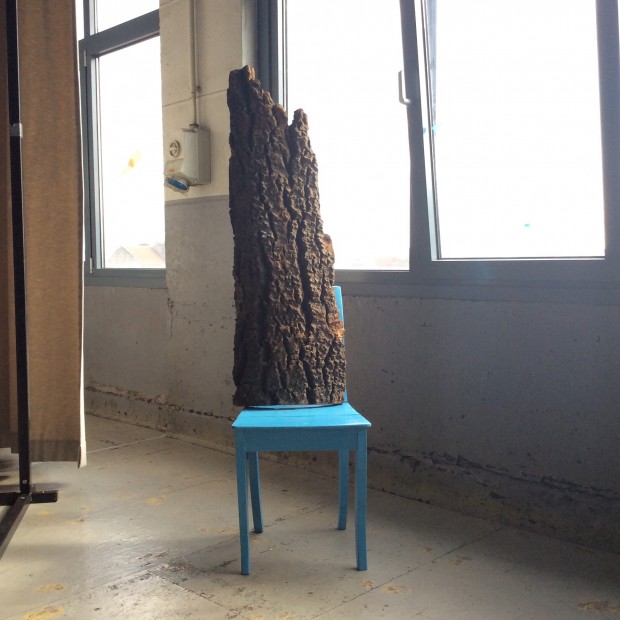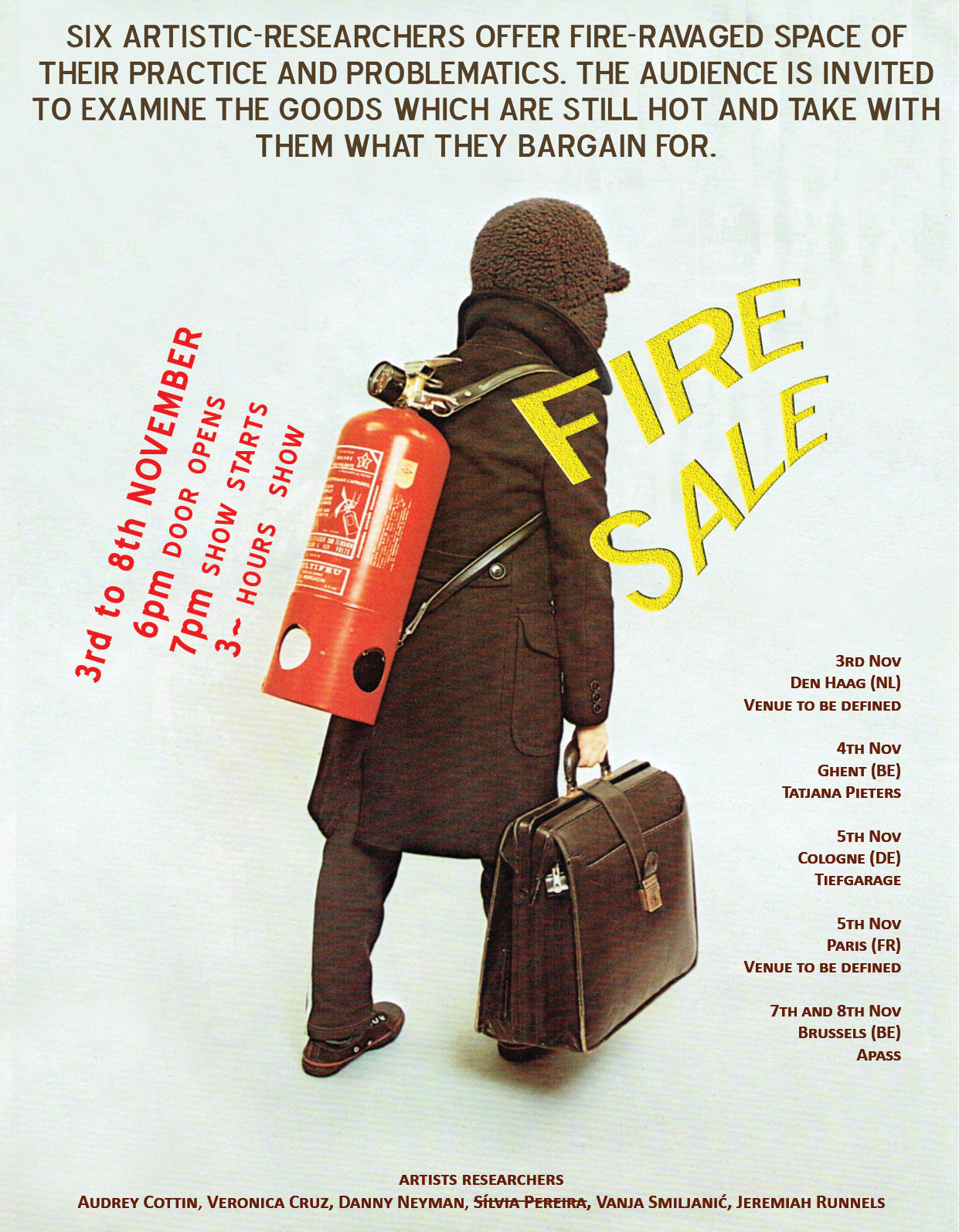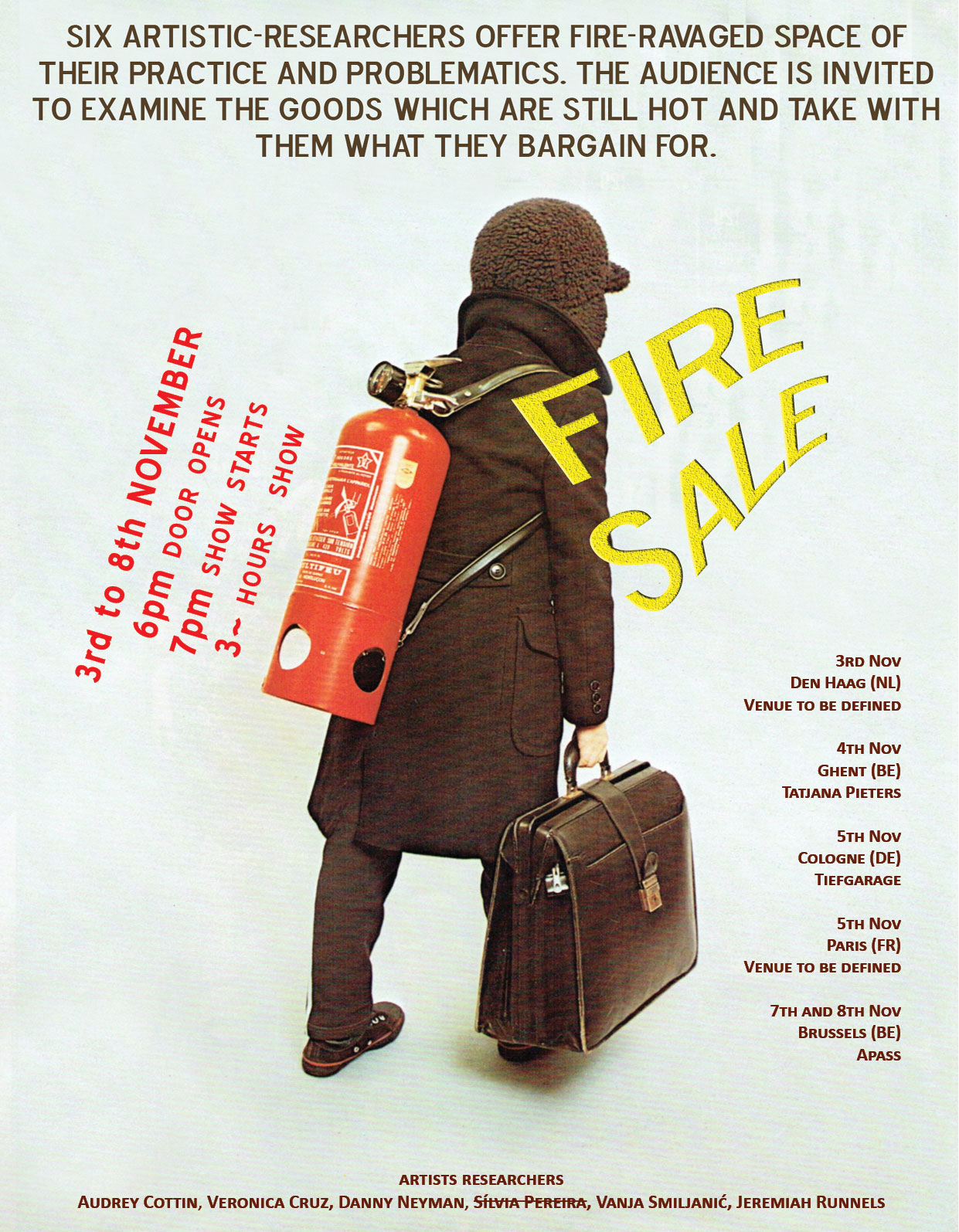performative publishing, research center
Elke Van Campenhout Tarot of Hope
25 euro - tarot cards and book
1 December 2013
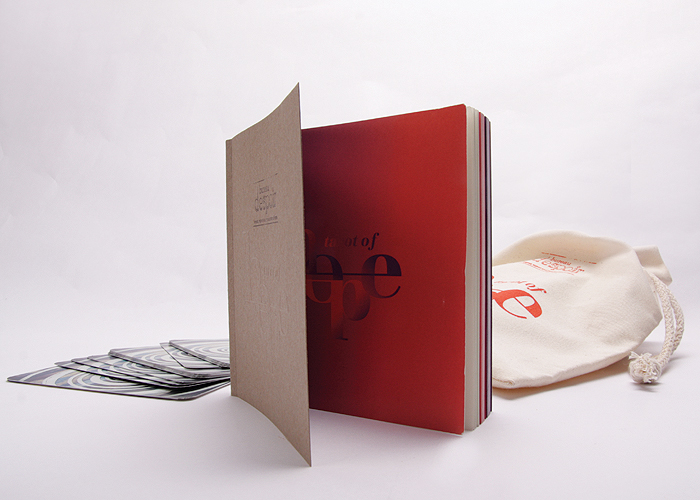
Read more..
Order this publication.
performative publishing, research center
BUREAU d’ESPOIR
15 December 2014
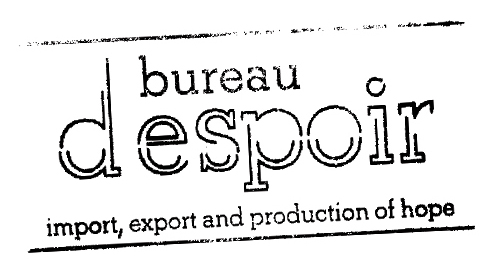
Bureau d’Espoir is a long-term research project on hope, initiated by Elke Van Campenhout. Bureau d’Espoir researches the possibility for a new engagement with the concept of hope, both on a political, social, physical and spiritual level.
Bureau d’Espoir is a research practice that starts out from the question: why do something rather than nothing? The last ten years the artistic sector seems to be burdened by a nagging form of debilitating self-critique that blocks artists (and other artistic workers) from assuming an affirmative position on the scene. Not only does it feel like any kind of performative gesture has become over-identified by decennia of critical theory, but an all-encompassing economic system has rendered any kind of emancipatory or critical gesture close to impossible.
Read more..postgraduate program, research center
2015 BLOCK II
1 May-31 July 2015
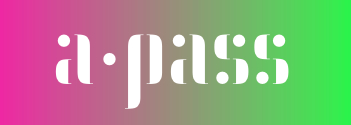
Read more..
information, postgraduate program
Self-Interview & Peer-to-Peer mentoring
1 May-31 July 2015
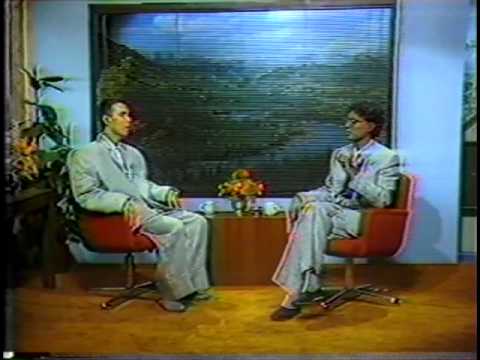
Read more..
postgraduate program, workshop
Nicolas Galeazzi BRICOLAGE
4-8 May 2015 / a.pass
a tool for opening the block
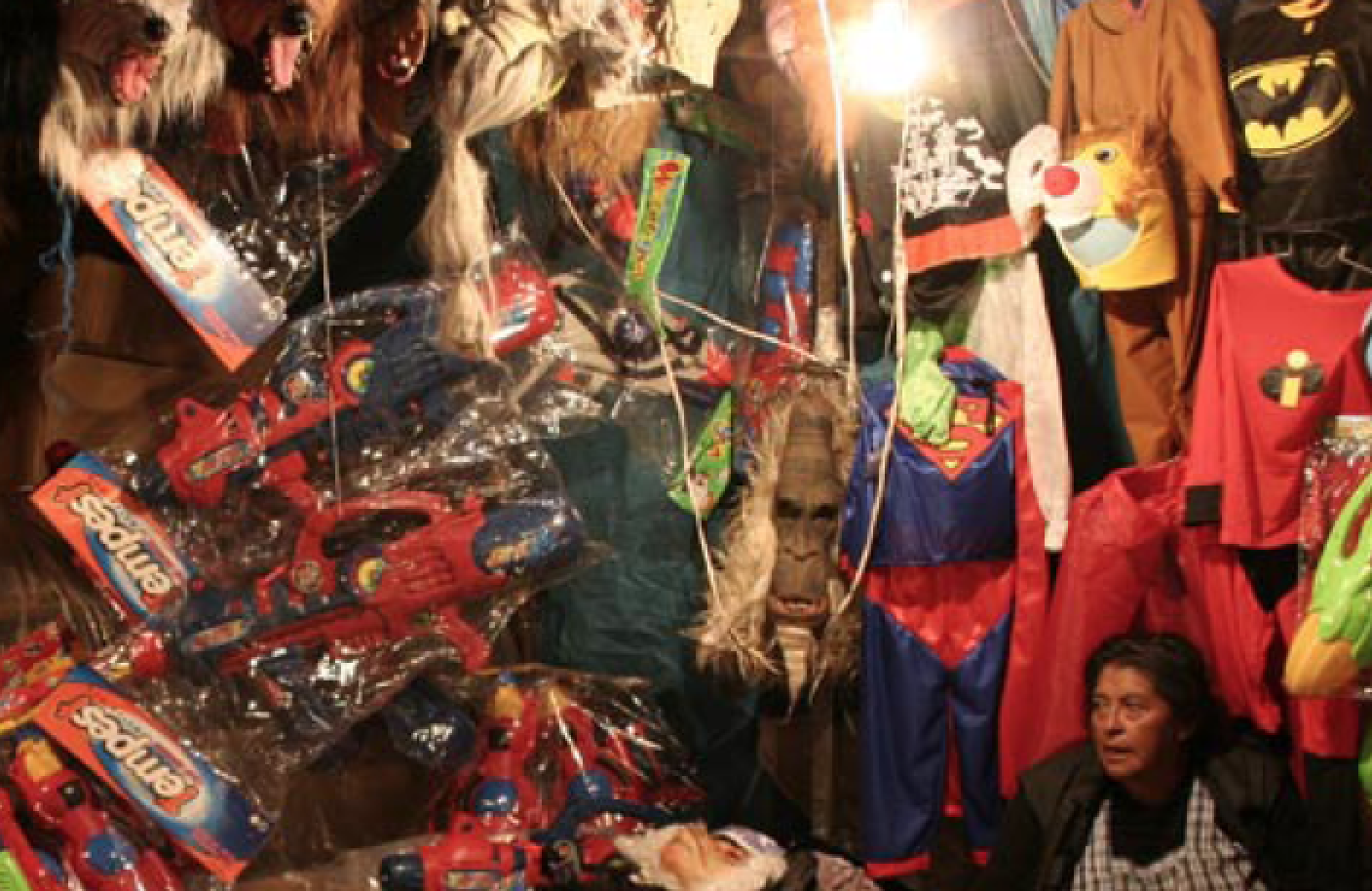
Read more..
postgraduate program, research center
a.pass research centre The House of Spirits
10 May-24 July 2015
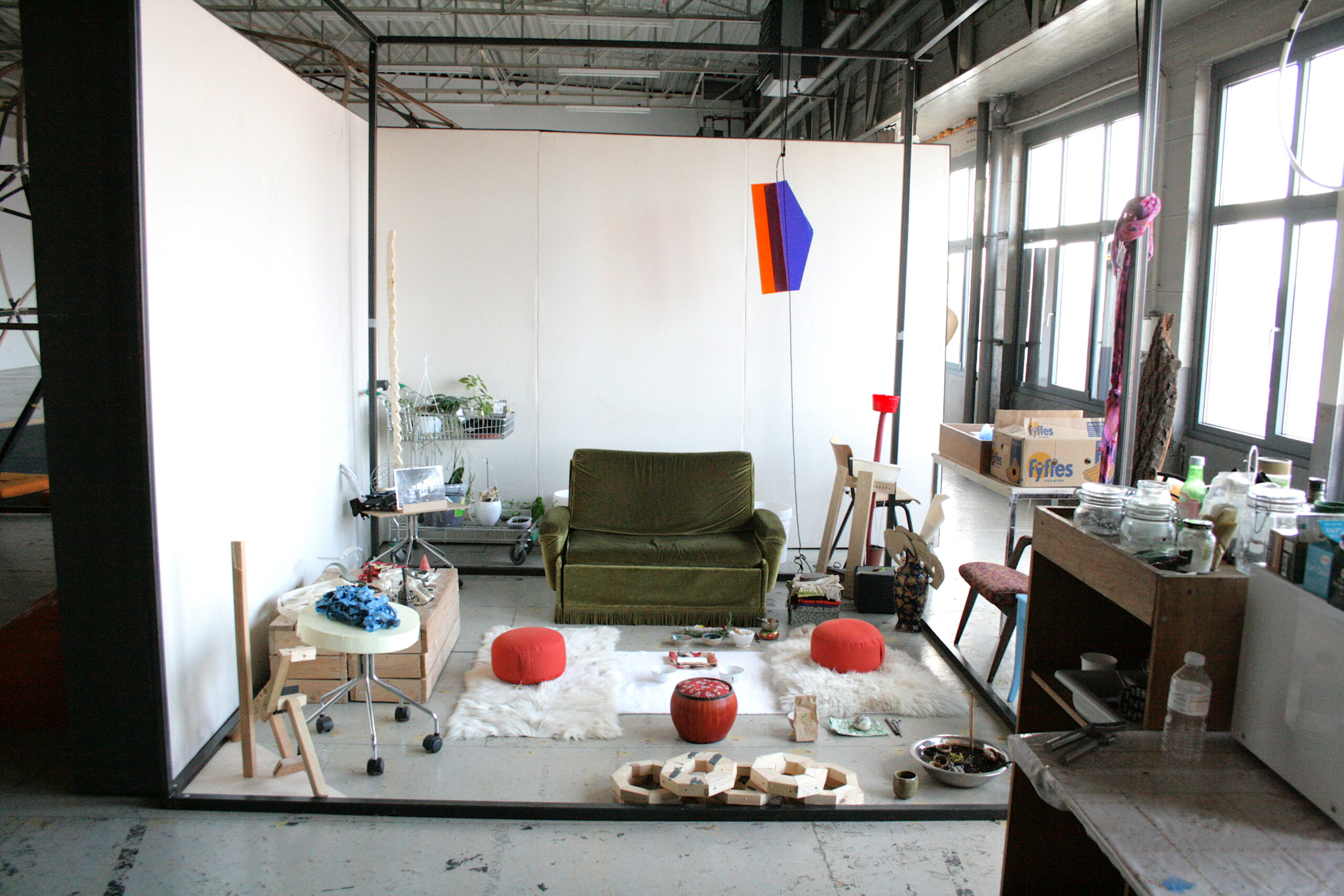
The House of Spirits is a common space for the (re)collection, digestion and transformation of the traces of the individual researches and workshops. The House opens up a space for the shamans/conservators of the Research Centre, as well as some of the participants. Every week another shaman practices in the House of Spirits, working with the case objects of the participants or with left-overs of the workshop, developing a shared ritual for the a.pass group. The strategies of the shaman include reordering, cataloguing, magical transformations, ritual alchemy, displacement and fictionalisation.
Read more..postgraduate program, reading session, research center
Reading Circle
11 May-29 August 2015 / a.pass
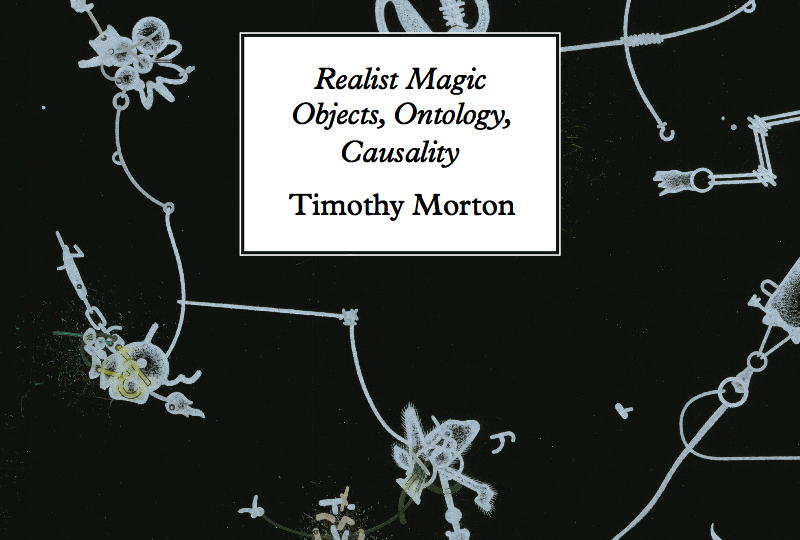
As a red thread throughout the block the participants engage in a weekly communal reading practice of the book ‘Realist Magic – Object, Ontology, Causality’ by Timothy Morton.
Reading and discussing in-depth this one central text allows for the development of a common ground of reference and connection that functions as a backdrop to the workshops and practices that shape the block. The Reading Circle happens on Monday evenings from 6pm to 10pm.
performative publishing
Yari
12 May 2015
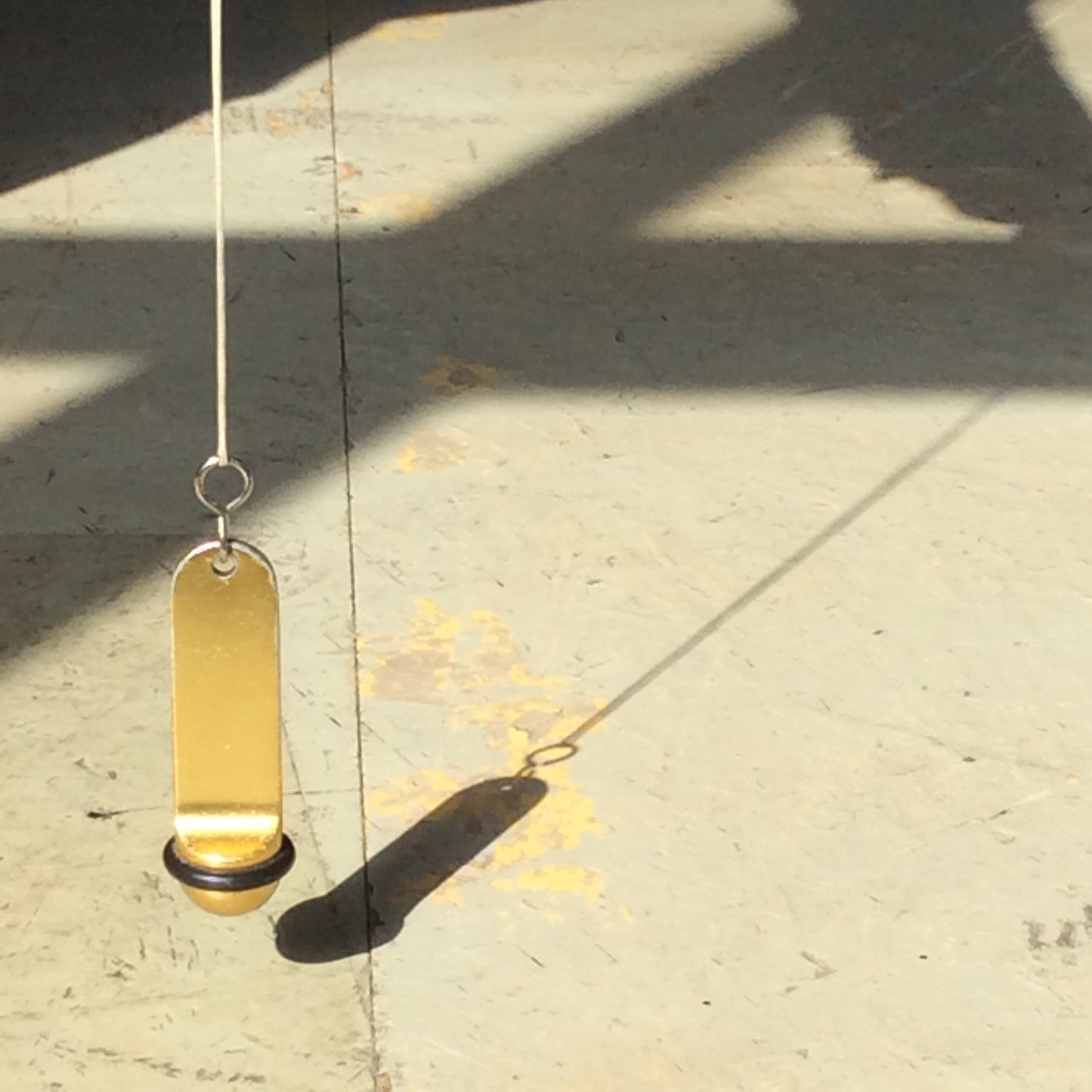
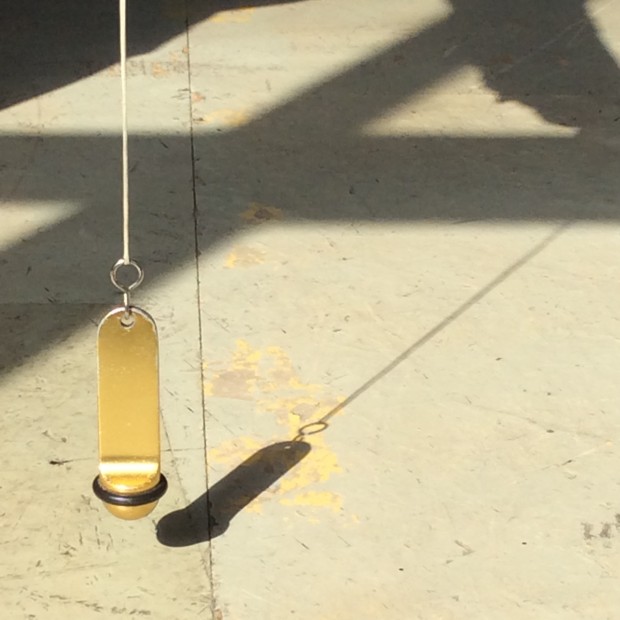
performative publishing
Kleoni
12 May 2015

performative publishing
Veronica
12 May 2015
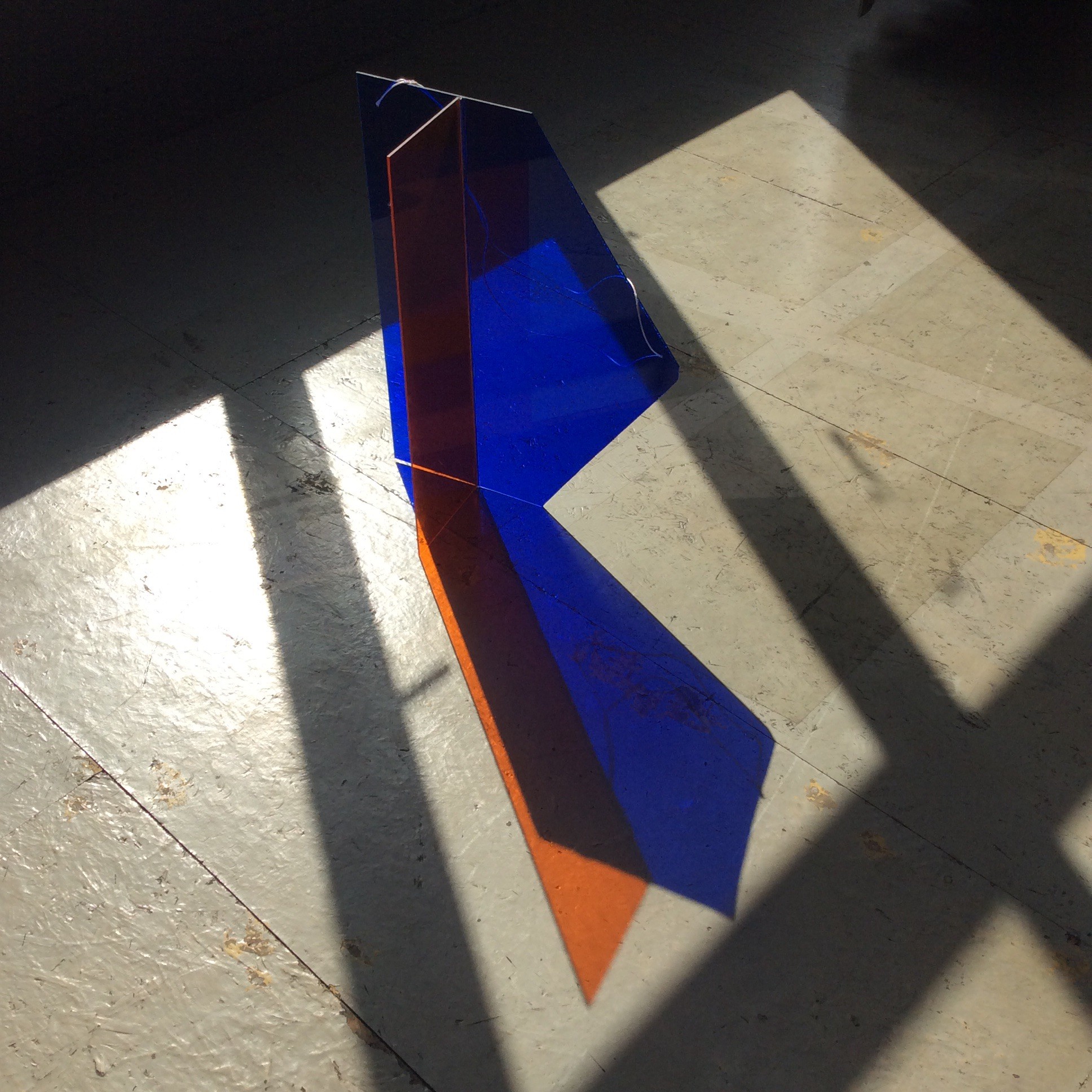
performative publishing
Pierre / Super power
12 May 2015
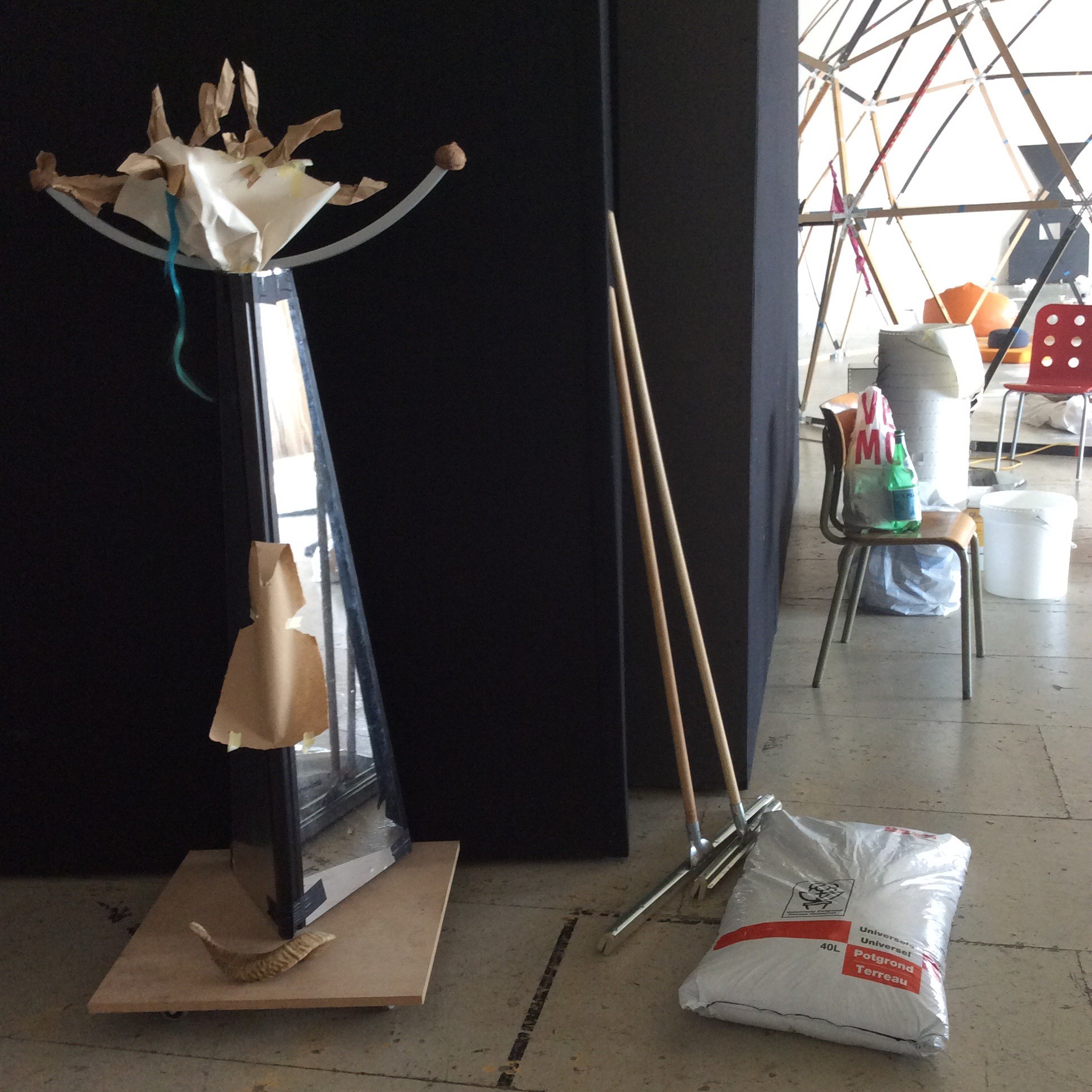
performative publishing
Nicolas
12 May 2015
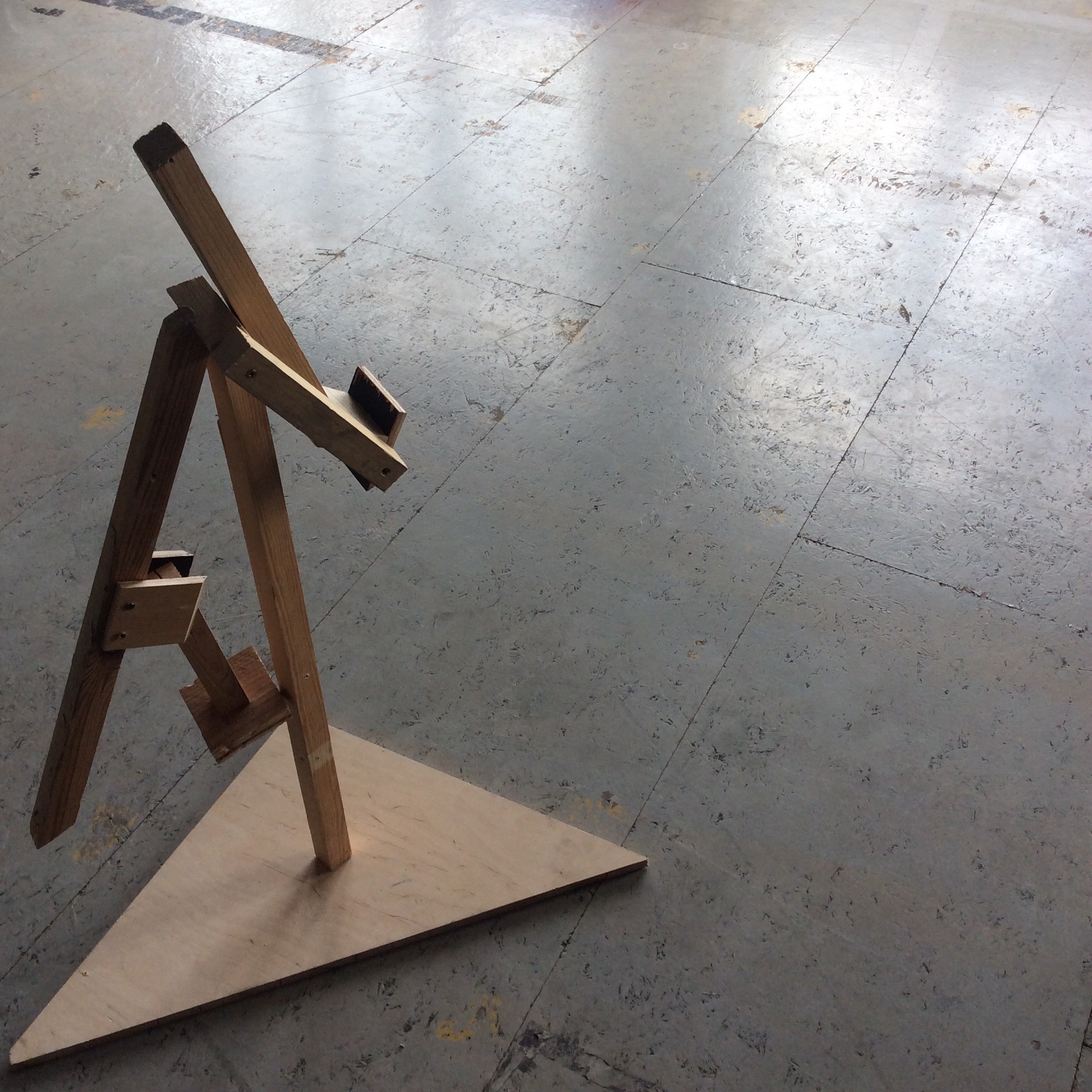
performative publishing
Ricardo
12 May 2015
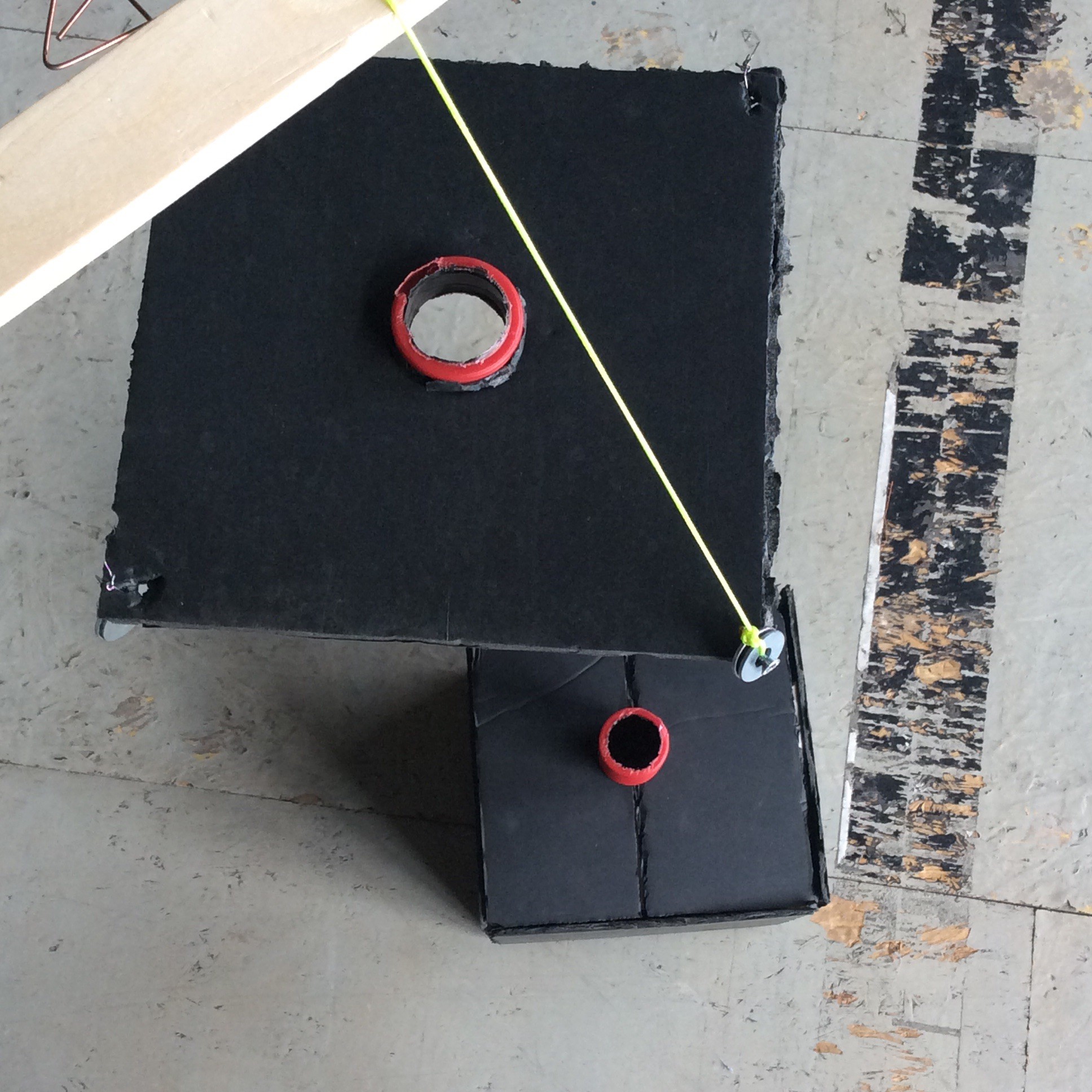
reading session
Culture: The Universal Animal – Eduardo Viveiros de Castro
13 May 2015
Contribution for the discussion about totemism, animism, and naturalism. Lecture by Viveiros de Castro. "Animism could be defined as an ontology which postulates the social character of relations between humans and non-humans: the space between nature and society is itself social. Naturalism is founded on the inverted axiom: relations between society and nature are themselves natural. Indeed, if in the animic mode the distinction "nature/culture" is internal to the social world, humans and animals being immersed in the same socio-cosmic medium (and in this sense, "nature" is a part of an encompassing sociality), then in naturalist ontology, the distinction "nature/culture" is internal to nature (and in this sense, human society is one natural phenomenon amongst others). Animism has "society" as the unmarked pole, naturalism has "nature": these poles function, respectively and contrastingly, as the universal dimension of each mode. Thus animism and naturalism are hierarchical and metonymical structures."Read more..
postgraduate program, workshop
Pierre Rubio / Geert Opsomer / Pierre Joachim ECOLOGY OF AFFECTS
25-29 May 2015
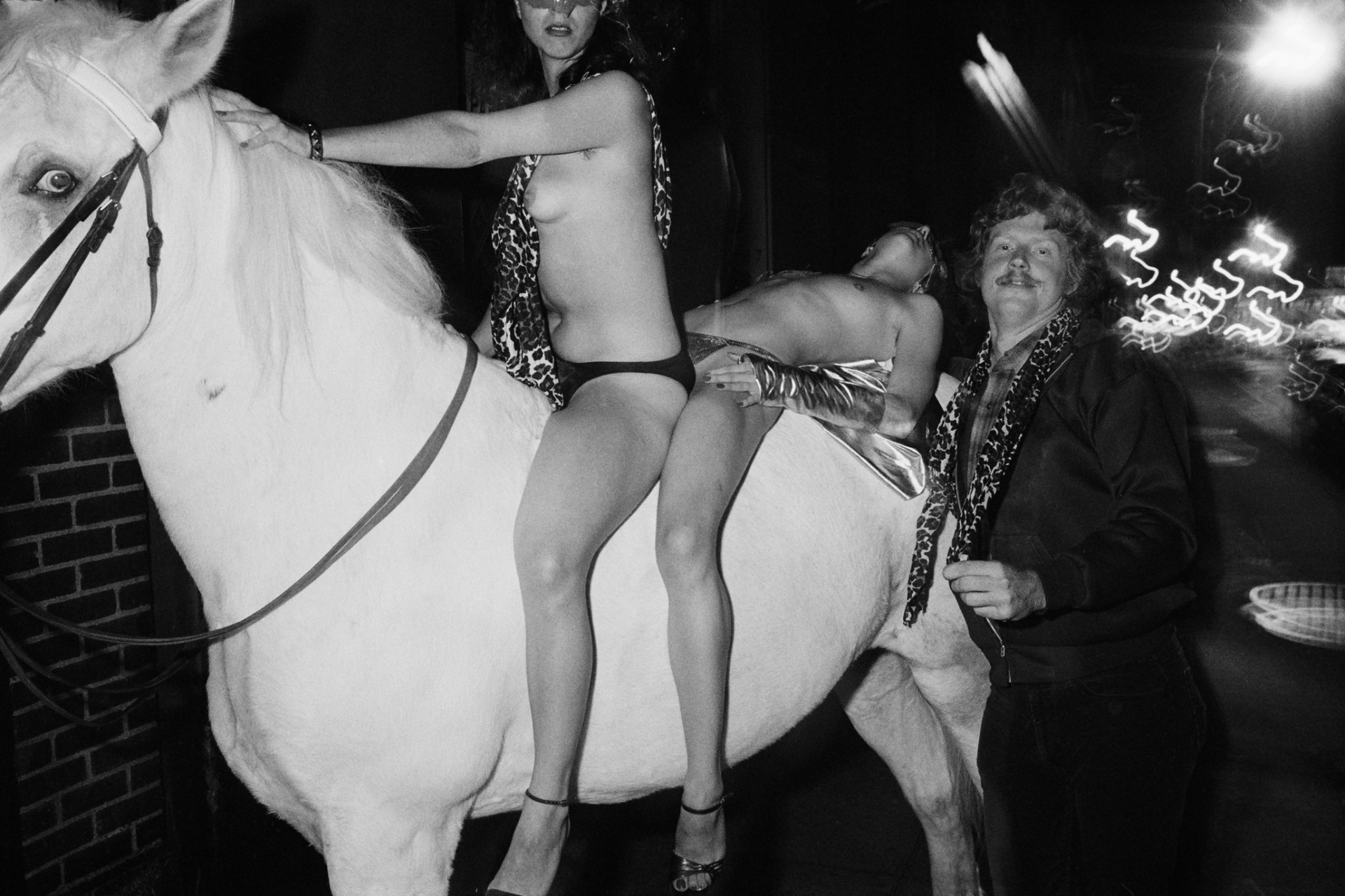
Read more..
postgraduate program, workshop
Sara Manente / Marcos Simoes THIS PLACE
1-5 June 2015 / a.pass
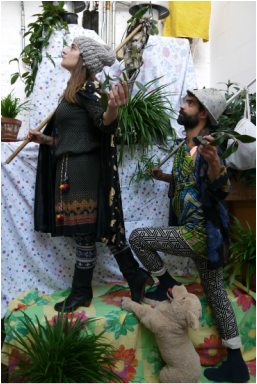
Read more..
postgraduate program, workshop
Abu Ali * Toni Serra THE UNSEEN WORKSHOP
8-12 June 2015
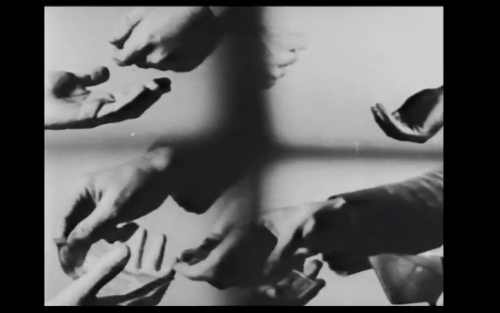
Read more..
postgraduate program, workshop
Oscar Parada TOWARDS A COLLECTIVE RITUAL
22-26 June 2015 / a.pass
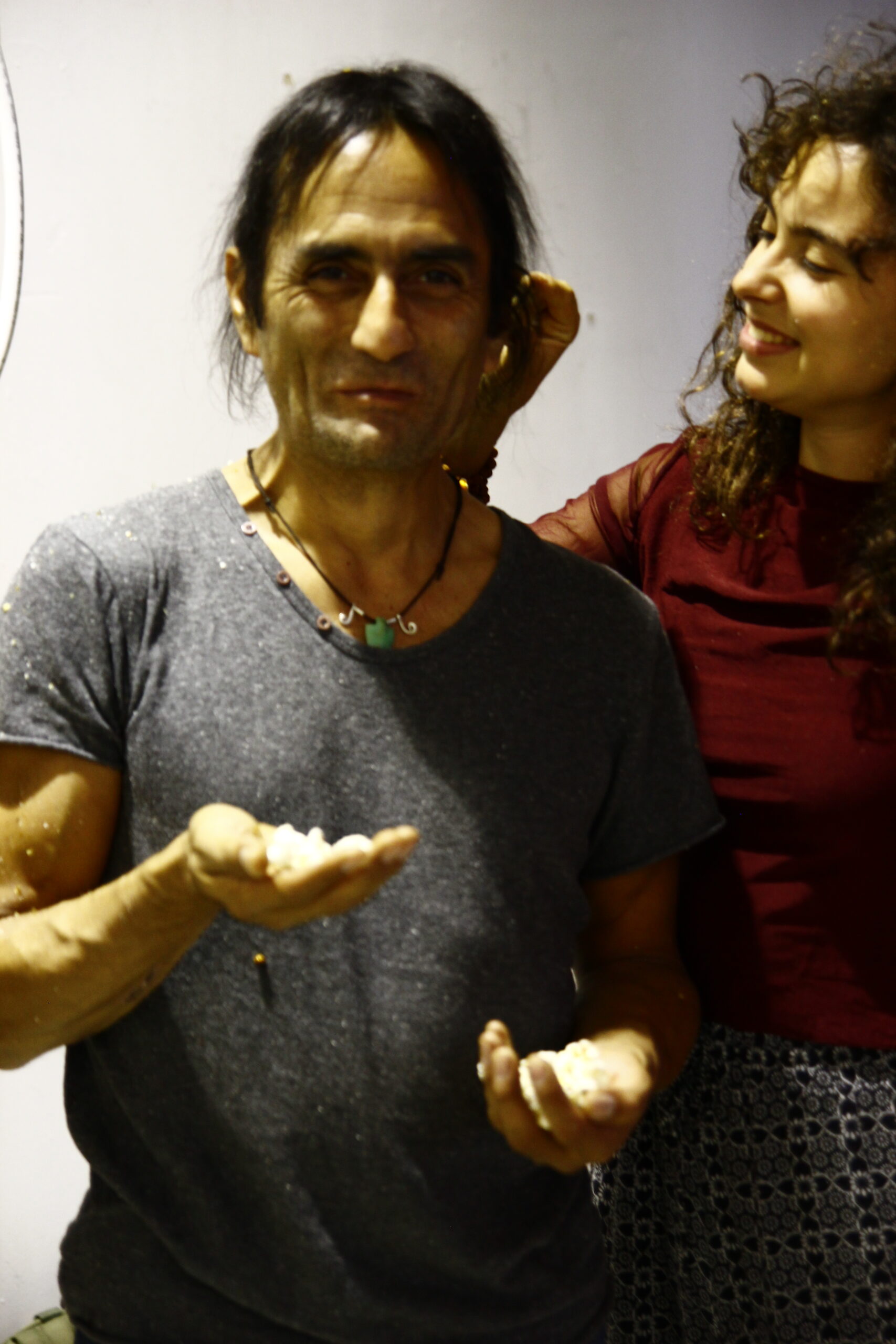
Read more..
postgraduate program, workshop
Peter Stamer / Luanda Casella SIX DEGREES OF SEPARATION
29 June-3 July 2015
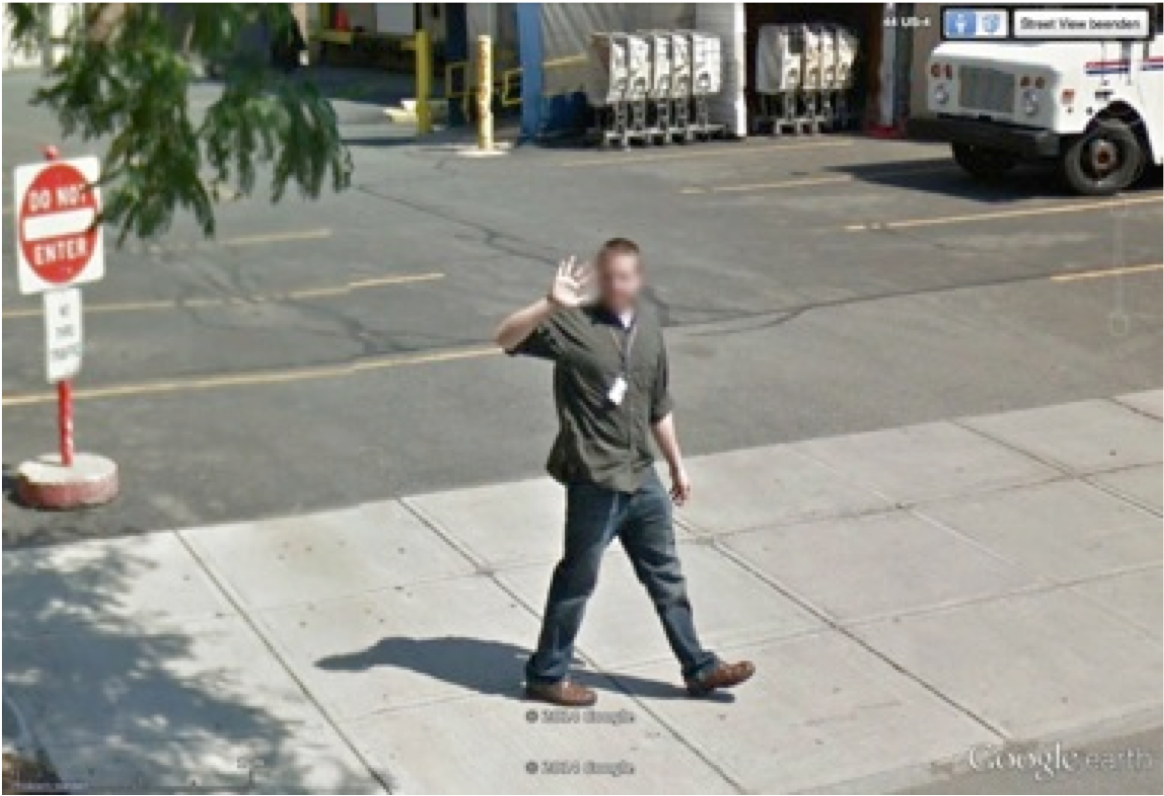
In 1969, the American psychologist Stanley Milgram designed a study to explore if two randomly selected individuals, strangers to each other coming from different American states, are nevertheless connected by acquaintances in between. Starting the test in Kansas/Nebraska, linking people to one individual in Massachusetts, the experiment suggested that an individual knows of any target person only by six degrees of connecting steps: Mr X from Kansas knows someone who knows someone who knows someone who knows someone who knows someone who knows Mrs Z, living in Massachusetts.
Read more..performative publishing, postgraduate program
Magic Night / Crystal Seeds
15-15 July 2015
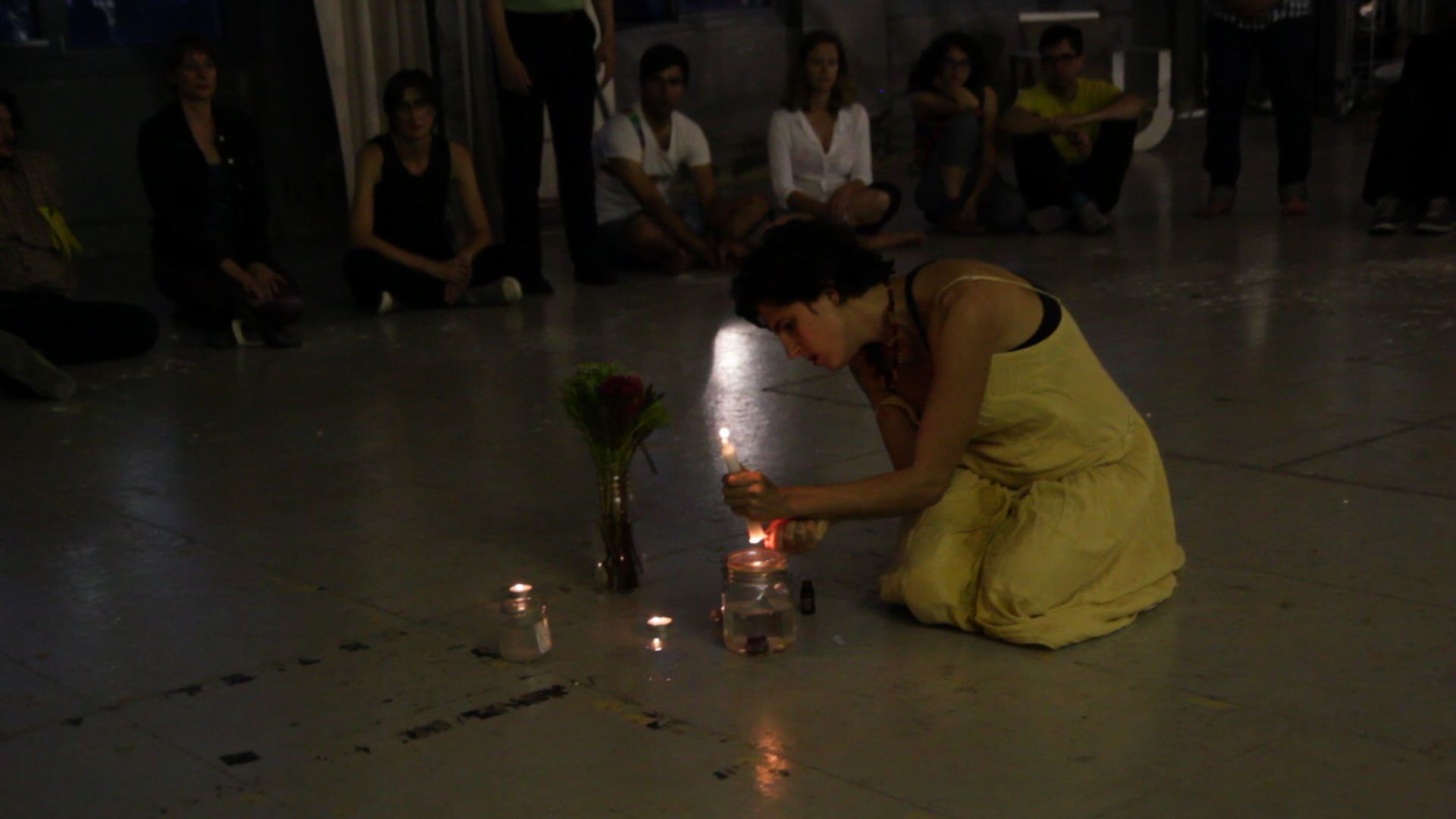
Read more..
performative publishing, postgraduate program, research center
MAGIC NIGHT
24 July 2015
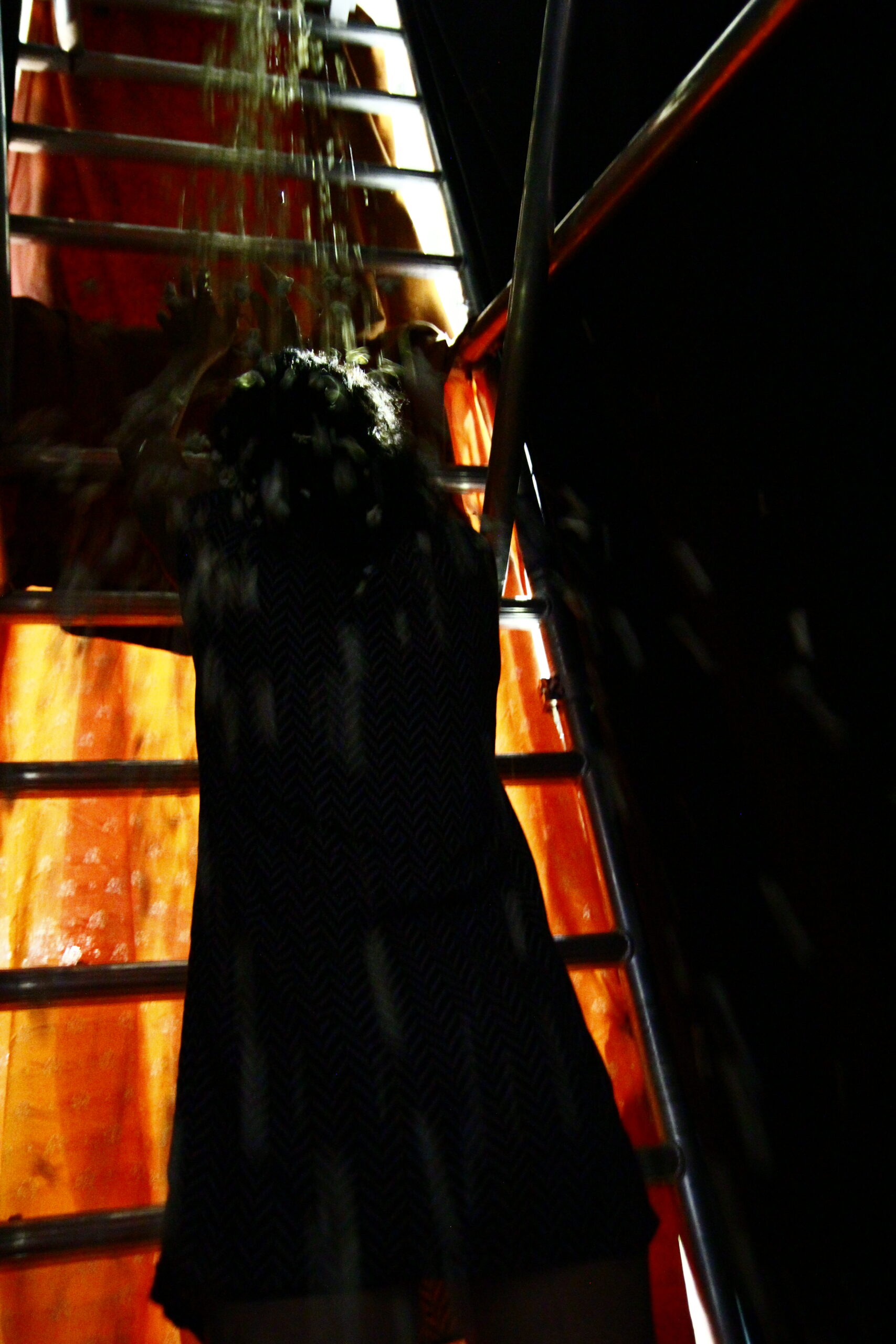
Read more..
performative publishing, postgraduate program
Self Interview Draft Kleoni Black / Kleoni Pink and Green
31 July 2015
On the other hand I remember when I was living in New York, I had a friend that was making fun of my vegetarianism, he was asking how living in a city like New York could be an ethical choice. Just the existence and sustenance of this city means the death to other life forms. It is complicated but urgent. A very difficult taskRead more..
performative publishing, postgraduate program
Self Interview draft Thiago written / Thiago transcribed
31 July 2015
Thiago’s Self-interview I write in Italic. I make the questions. Sometimes I explain things for you, the one who reads. I am a bit smarter than the others, but I don’t have a color. I am… I am a recorded voice transcripted. I am another voice, written.Read more..
performative publishing, postgraduate program
Self Interview Draft Pierre/Pierre
31 July 2015
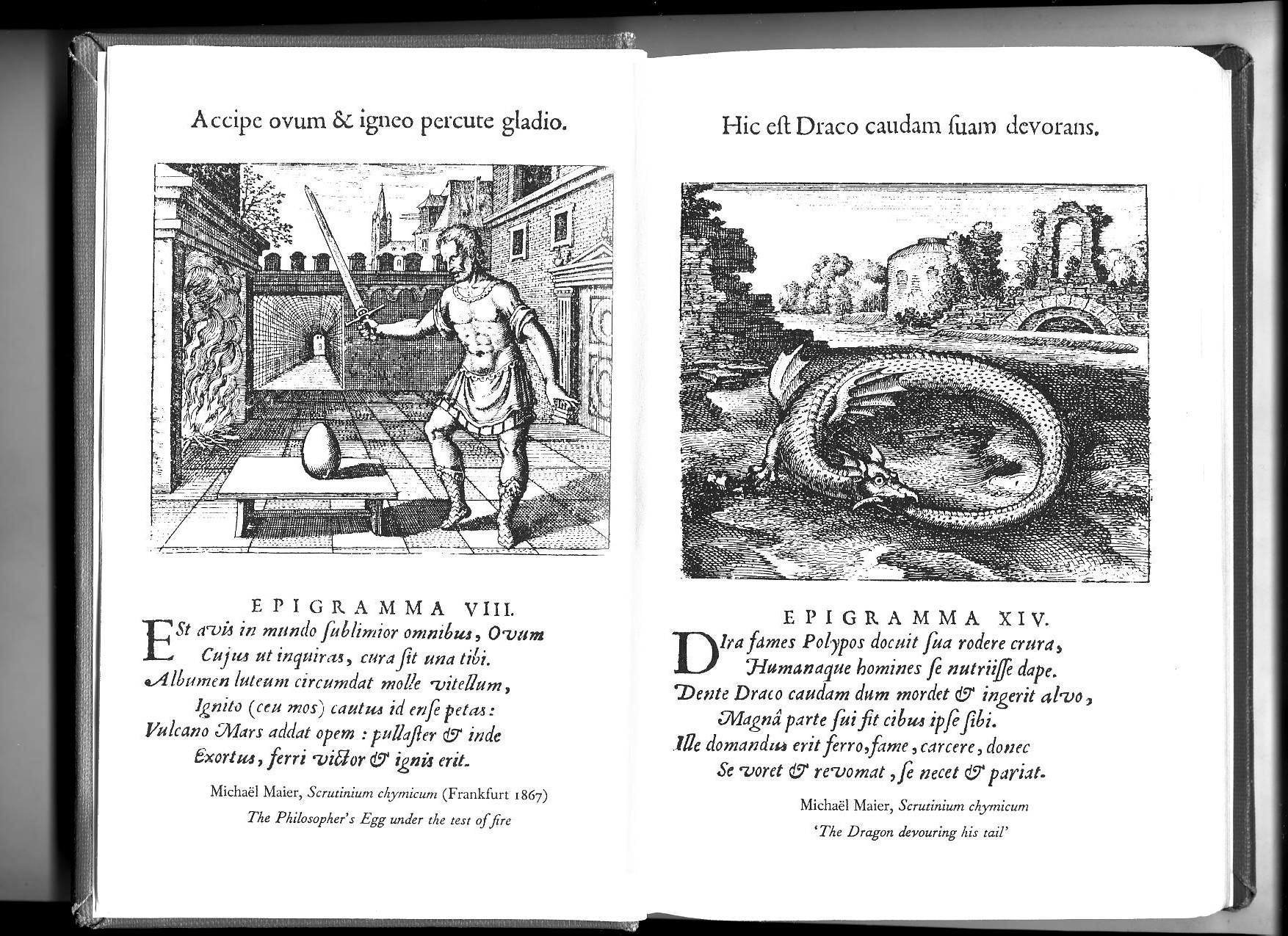
Read more..
postgraduate program
UNTOUCHABLE/UNACCEPTABLE/INTANGIBLE
CURATED BY ELKE VAN CAMPENHOUT & NICOLAS GALEAZZI & PIERRE RUBIO
1 August 2015
about the imaginative aesthetics of change
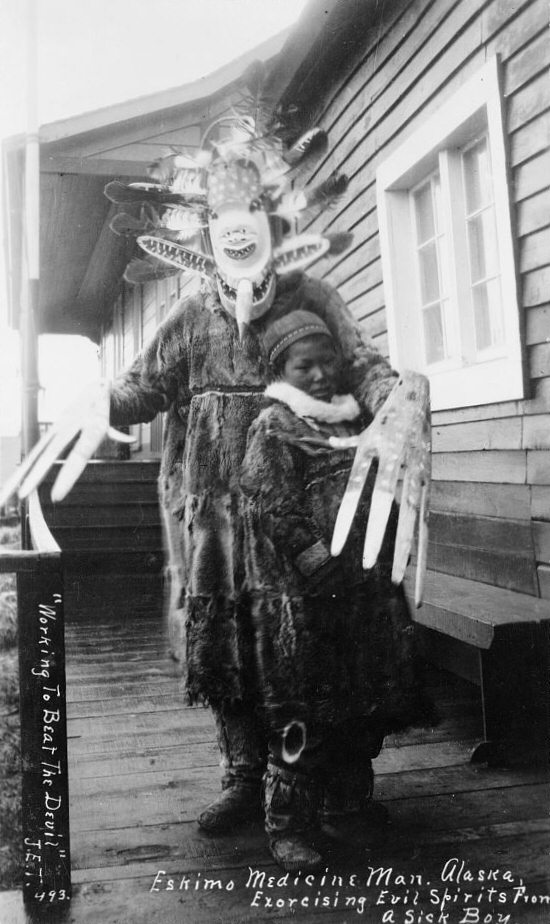
Read more..
postgraduate program, research center
2015 BLOCK III
1 September-30 November 2015

Read more..
information, postgraduate program
MENTORING STRATEGIES block 2015/III
1 September 2015
the new structure for dedicated mentorings and the interview sessionsRead more..
postgraduate program, workshop
Vladimir Miller Settlement VIII
14 September-2 October 2015 / a.pass studio
TOWARDS FRAGILITY
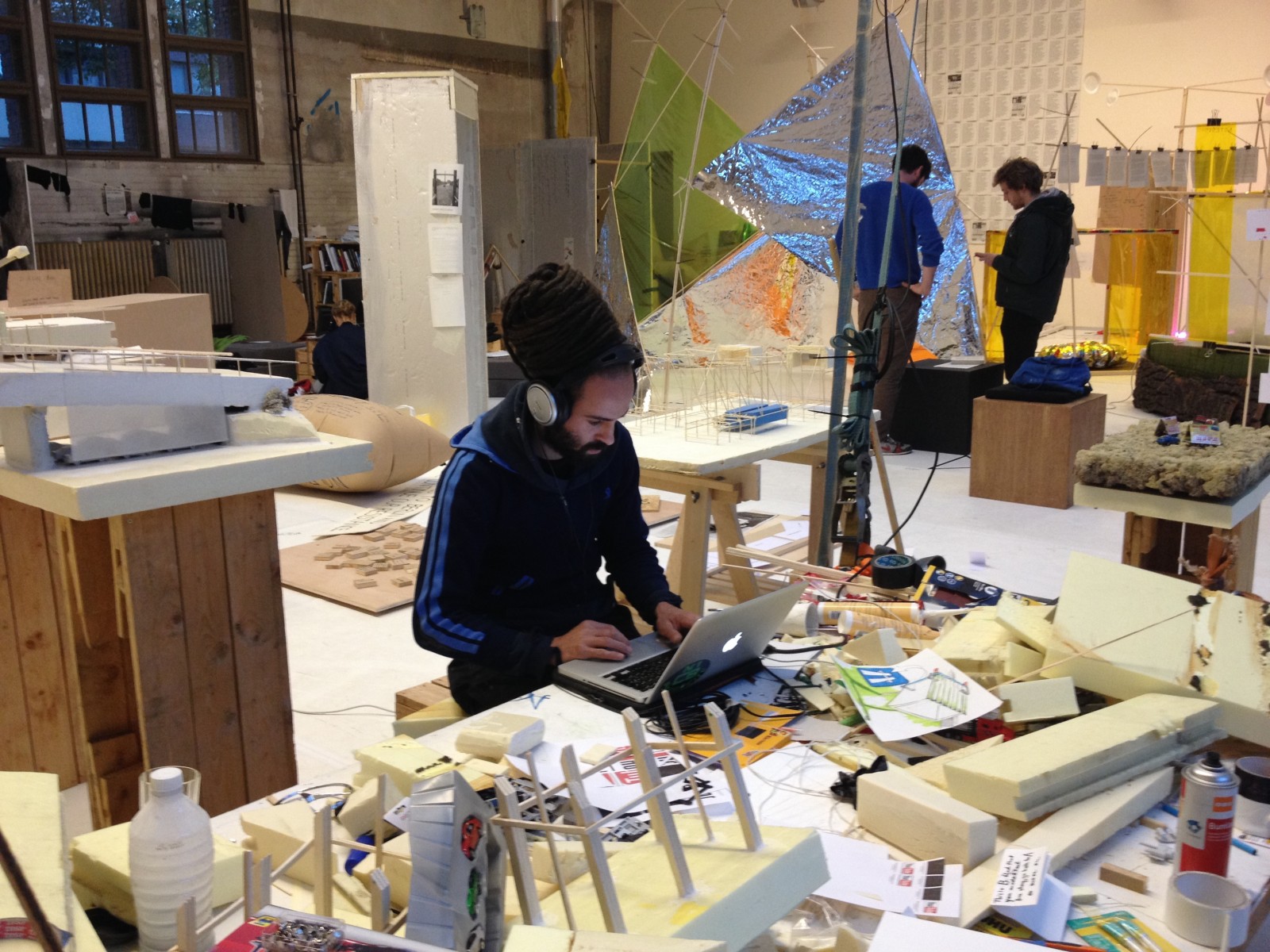
Read more..
research center, workshop
Adva Zakai / Raphaële Jeune OR SHALL WE USE THE STAIRS?
18-20 September 2015
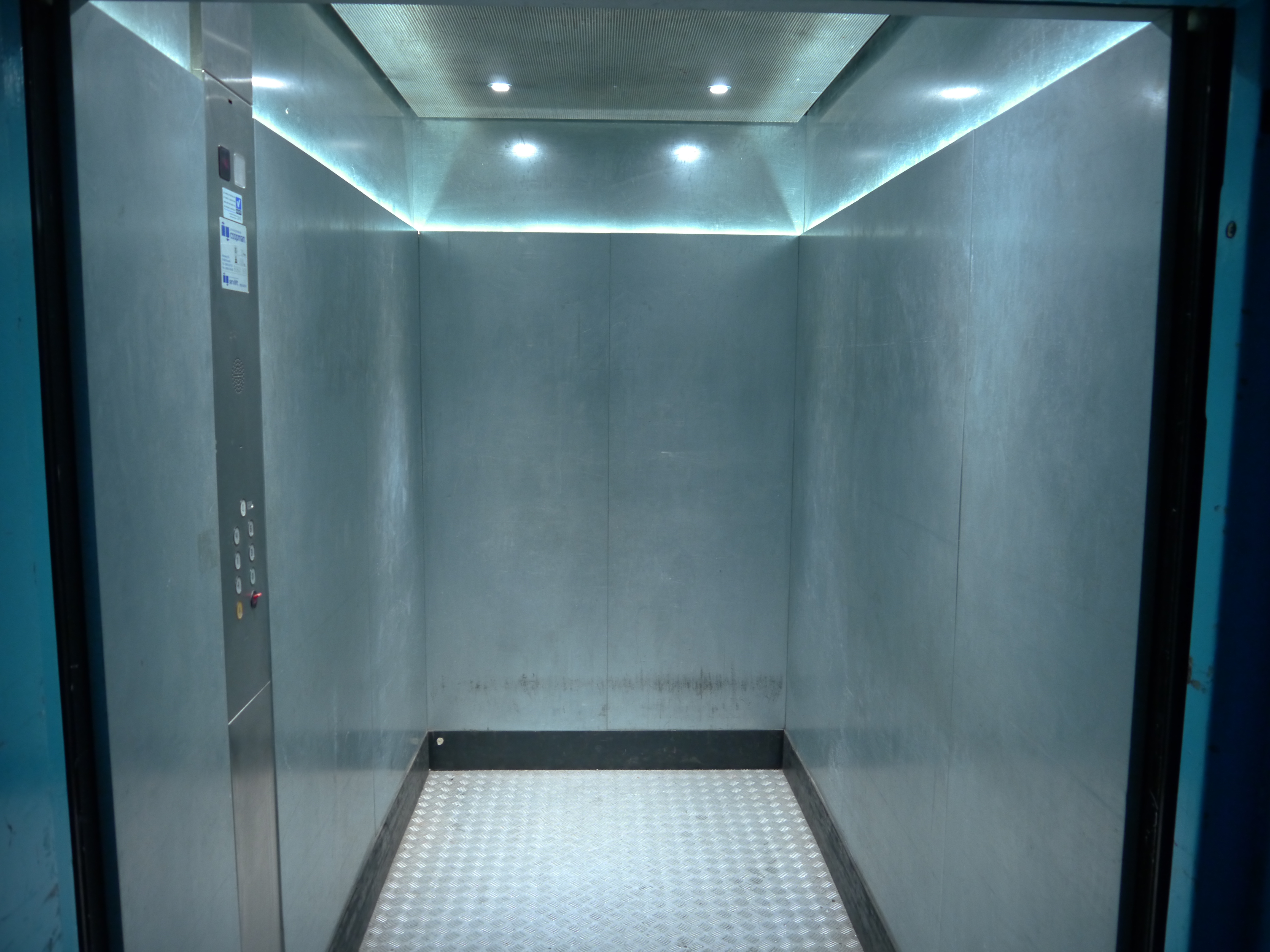
Brussels-based choreographer Adva Zakai and French curator Raphaële Jeune propose 3 days of lectures and exercises to collectively explore different aspects of the relationship between humans and machines. Together with special guests and anyone interested, we aim to share thoughts on the digitalization of our world, through introduction into concepts that developed in response to it: The challenging dialogue with algorithms, the splendor and misery of Transhumanism, recent developments in Donna Haraway’s thinking (author of 1985’s Cyborg Manifesto) and the theory of Accelerationism.
Read more..
research center, workshop
Adriana La Selva / Mika Juusela The Bridge
5-9 October 2015
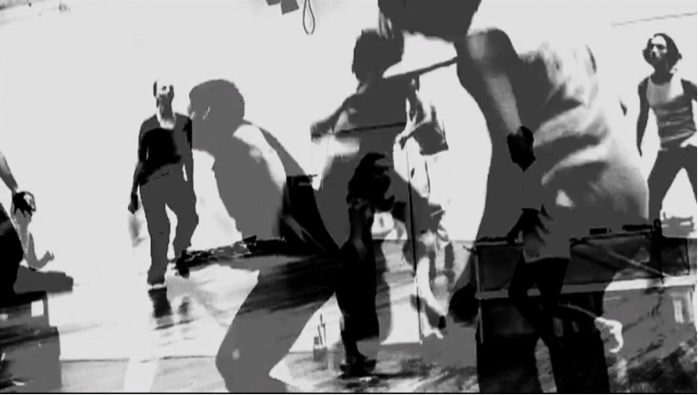
Read more..
postgraduate program, workshop
Juan Dominguez dirty room
12-22 October 2015 / a.pass studio
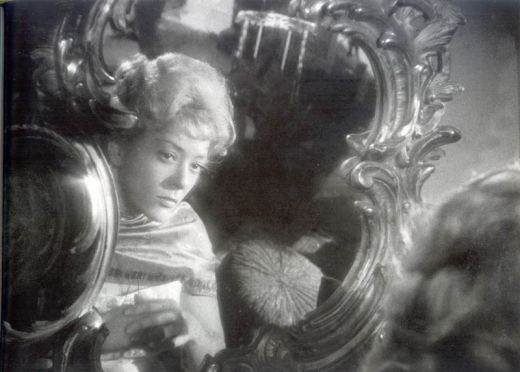
Read more..
performative publishing, project, research center, seminar
PHARMAKON
15 October-15 December 2015
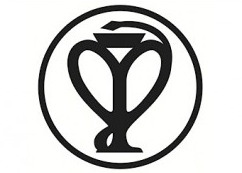
Pharmakon : whitch culture ?
‘Pharmakon: whitch culture?’, is a Thematics artistic research residency project, taking place in Brussels from the 15th of October until the 15th of December 2014. This residency is one of the stages in the development of the broader, transnational ‘Pharmakon’ research project undertaken by Institut Nomade. The ‘Pharmakon: whitch culture?’ conference will last three days and will explore the theoretical and artistic approaches to dealing with an increasingly toxic economic, ethical and cultural environment, in search of other techniques by which to connect, share and imagine the fabric of our togetherness. As a ‘performative conference’, this meeting involves artists as well as theorists, dissolves the boundaries between ‘specialists’ and ‘public’, and between ‘performers’ and ‘theorists’, and opens up a space for desire and reflection.
Thematics is organized by Bains Connective, in collaboration with Institut Nomade, the a.pass research center and Kaaitheater.
Pharmakon: whitch culture?
This Thematics project builds on the notion of ‘pharmakon’ as coined by the contemporary philosopher Bernard Stiegler. In ancient Greece, ‘pharmakon’ was understood both as ‘poison’ and ‘medicine’, and in some cases also as ‘scapegoat’. The word might mean either the one or the other depending on the context, which implies a certain knowledge, or ‘knowledge-ability’. A skill of dosage and use, witchcraft involving insight and imaginative contextualization.
At the ‘Pharmakon: whitch culture?’ conference, a group of artists and theorists will investigate the notion of ‘pharmakon’ in our society. As Stiegler suggests in his analysis of the need for a ‘pharmacology’ to counter the poisonous fumes of economic, ethical and cultural impoverishment, it is clear that the fabrication of our culture(s) has urgently to be (re)questioned. What are the categories we use to produce and develop the culture in which we ‘individuate’ ourselves? What is the change in ‘technics’ that is needed to re-imagine our desires, stepping out of ourselves, as ex-isting in the public sphere? What sort of witchcraft is demanded from us, as artists, citizens and thinkers, to come up with the right spells and potions, and to dose our practices to transform poison into medicine.
Read more..
performative publishing, postgraduate program
Thiago Antunes / Darling, what would you do for being integrated in a new country until the end of the week otherwise you I dont know what but something very bad would happen?
16 October 2015
Colonization, gamification, scores, characters, diagrams, schedules, plans. But, Luanda, how to live from art in Belgium? Should I prepare myself for being a Chef de cuisine at least to earn more mony from restaurants? Yes, of course, if you like it don’t lose your time. I regret not having done the same few years ago. It is hard to be an artist here, very hard, darling.Read more..
lecture, performative publishing, research center
Veridiana Zurita don’t eat the microphone / televizinho / mommy, daddy, me
24-24 October 2015
invitation research sharing
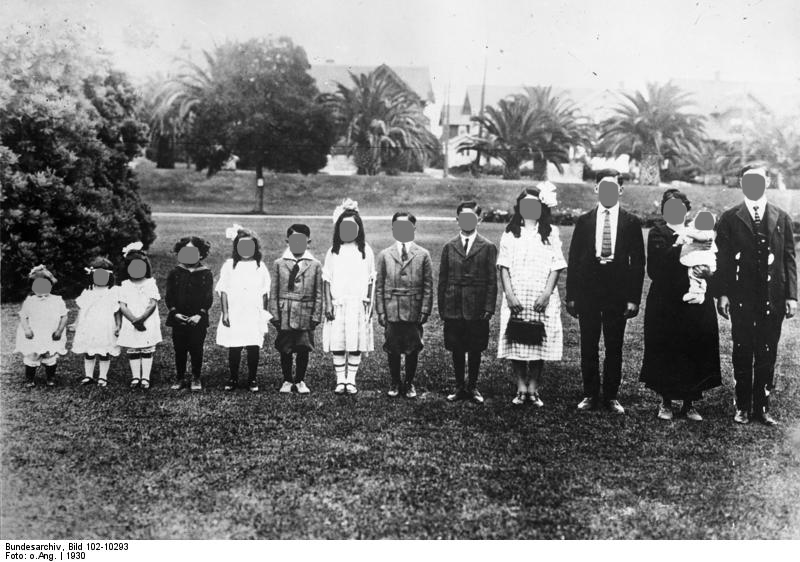
24/10/2015, 7-10pm, a.pass studio, de bottelarij
In 2014 I started working as an artistic researcher in a.pass. Since then I developed three different projects. ‘Don’t Eat the Microphone’: a weekly session developed together with the residents of the psychiatric hospital Dr. Guislain in Ghent, ‘Televizinho’: a series of re-enactments of Brazilian soap-operas with no-actors of a river community in the Amazon and ‘Mommy, Daddy, Me’: a letter trialogue about love relationships between me and my parents. Through these experimental set-ups I gathered a lot of materials of various kinds. Now I would like to share these video’s, texts, experiences and set-ups with you. I would be happy to host you during an evening-long sharing of materials from the research, and offer an idea of the contexts and imaginations that brought these ongoing projects to life.
More information here
postgraduate program, workshop
Bureau d'Espoir Mobile MNSTRY
9-22 November 2015 / Abbeye of Forest
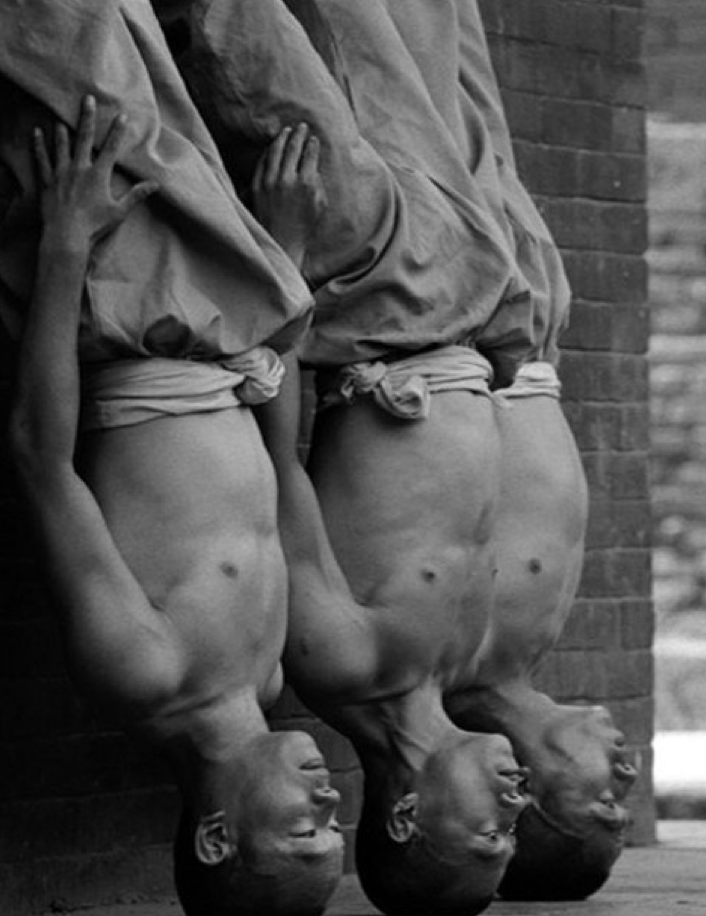
Read more..
performative publishing
Audrey
29 April 2021
